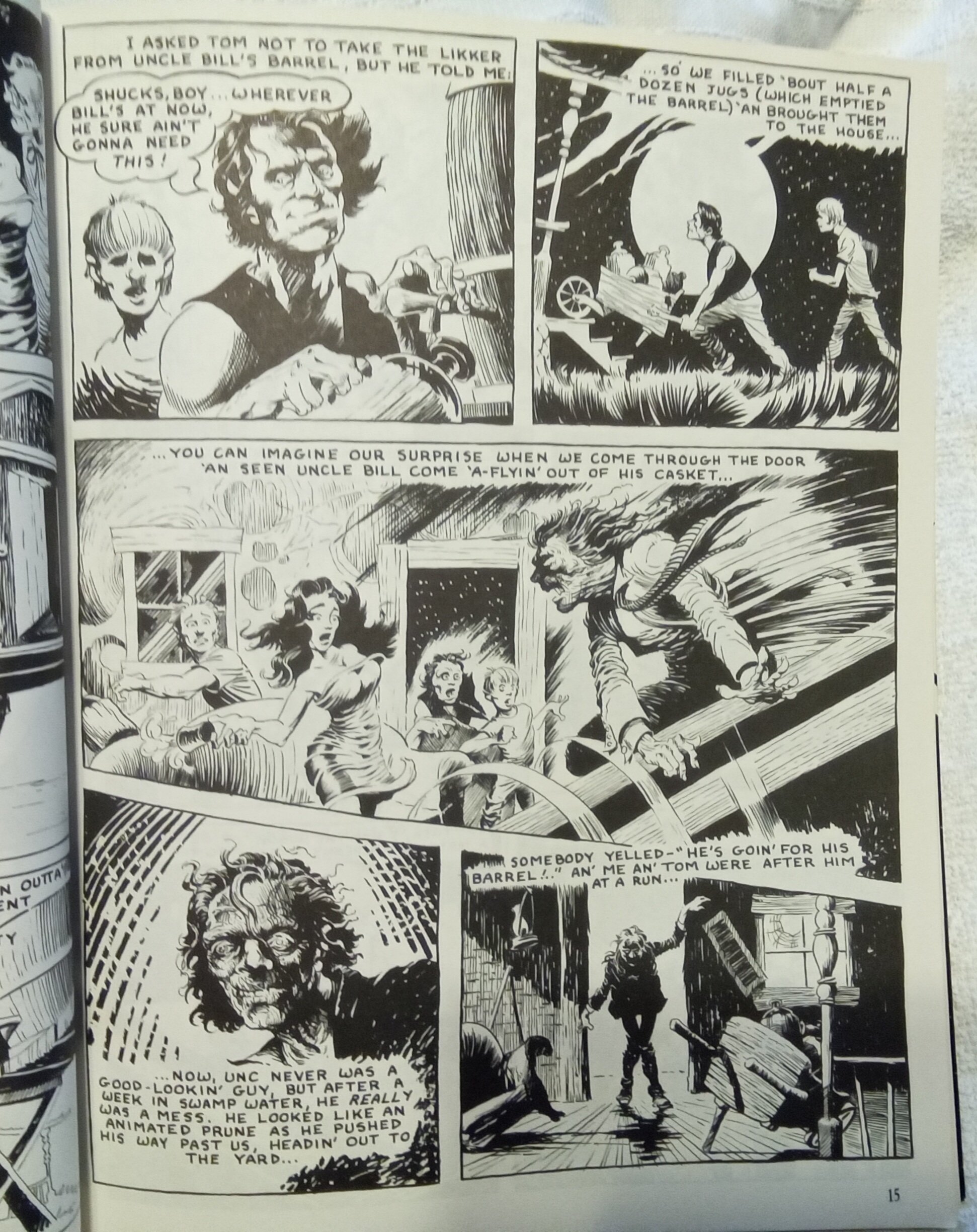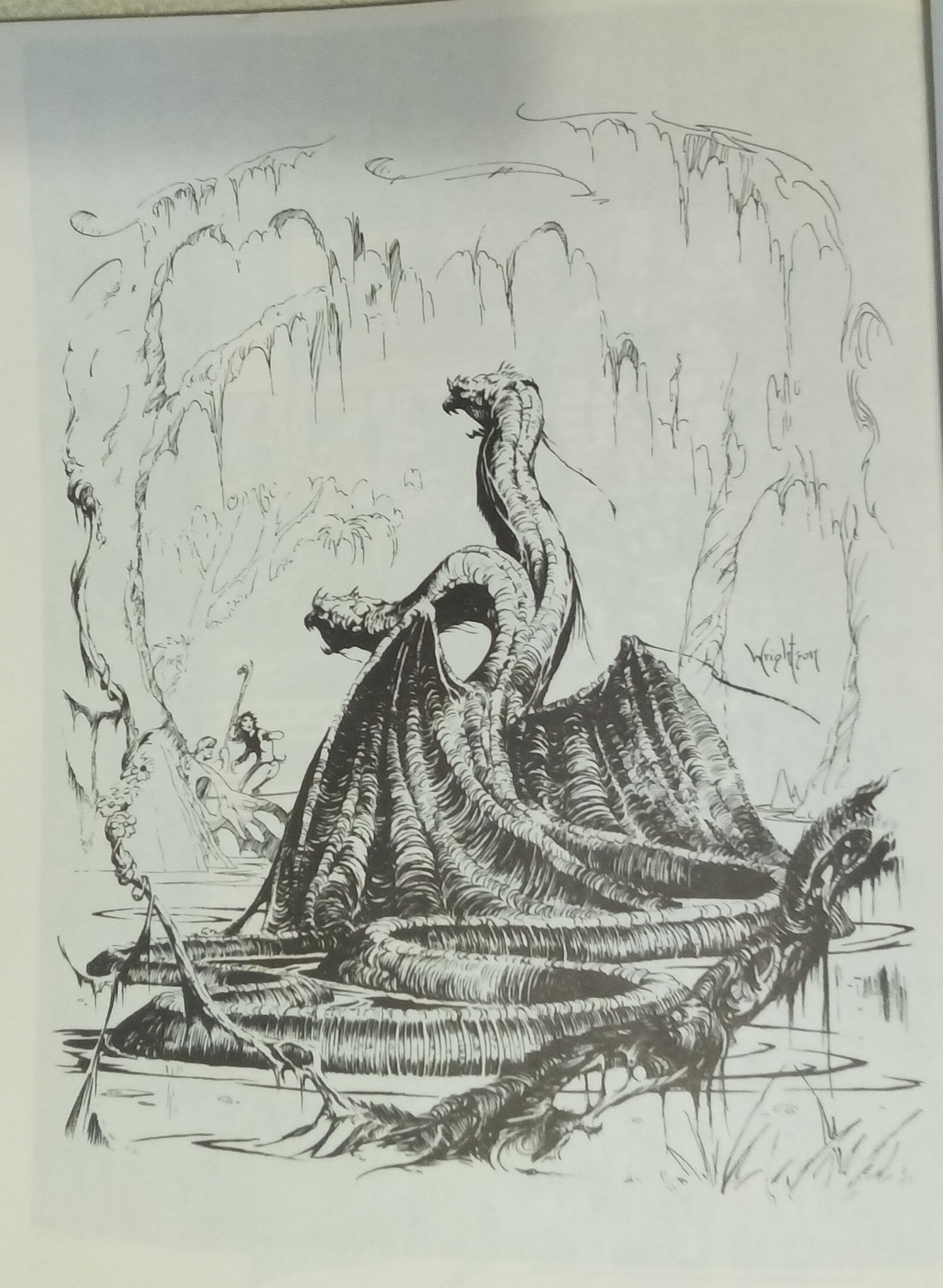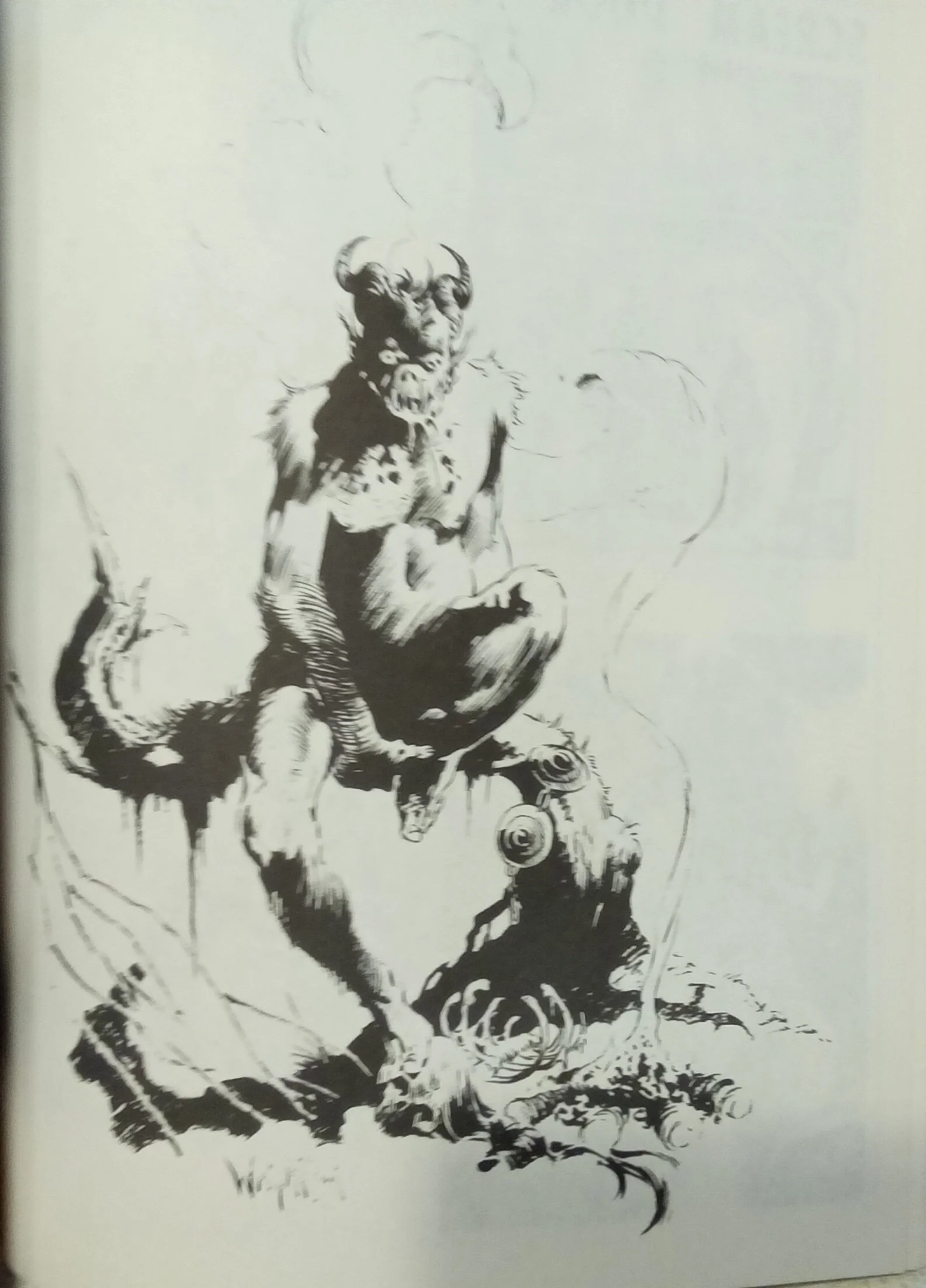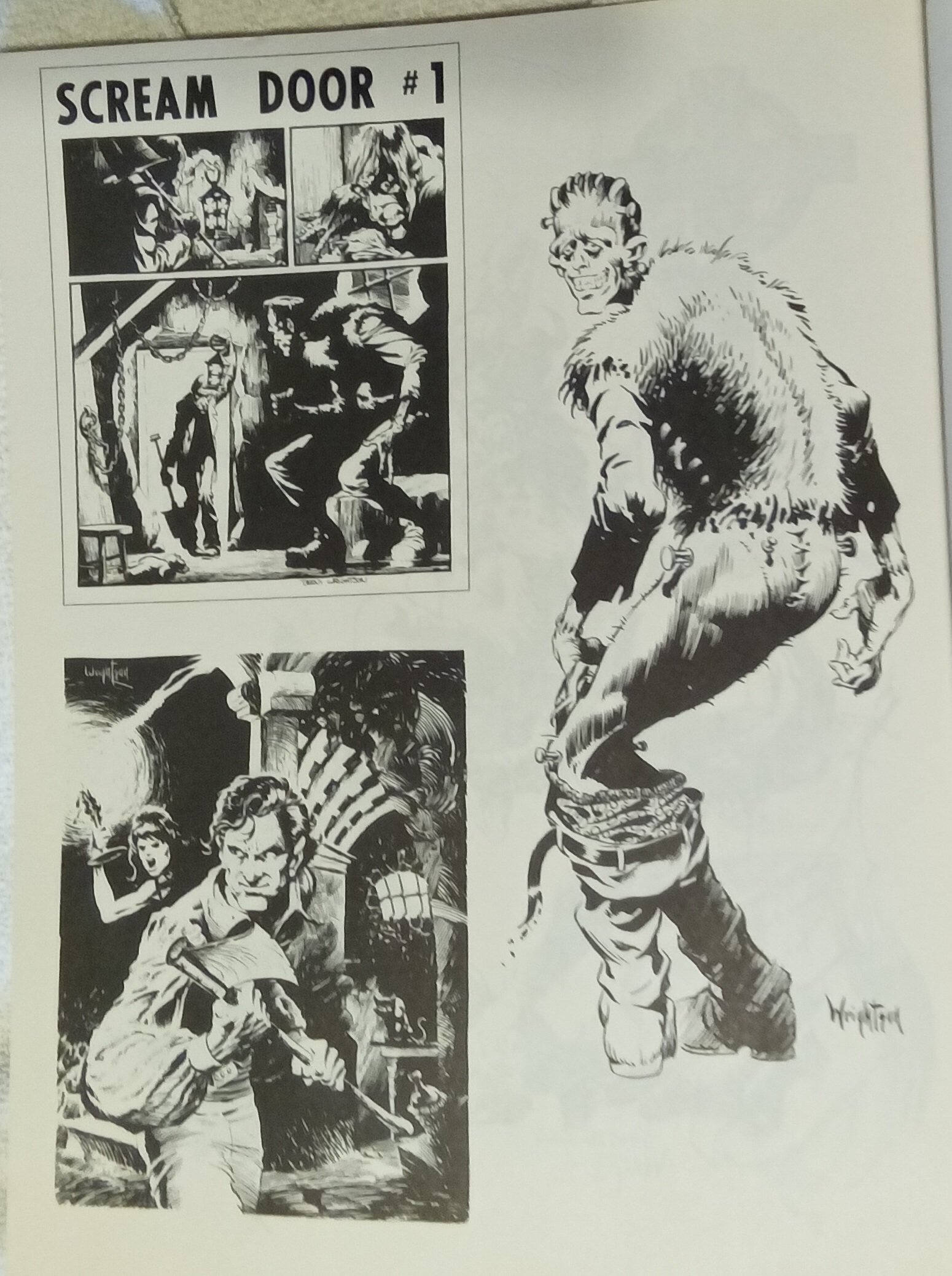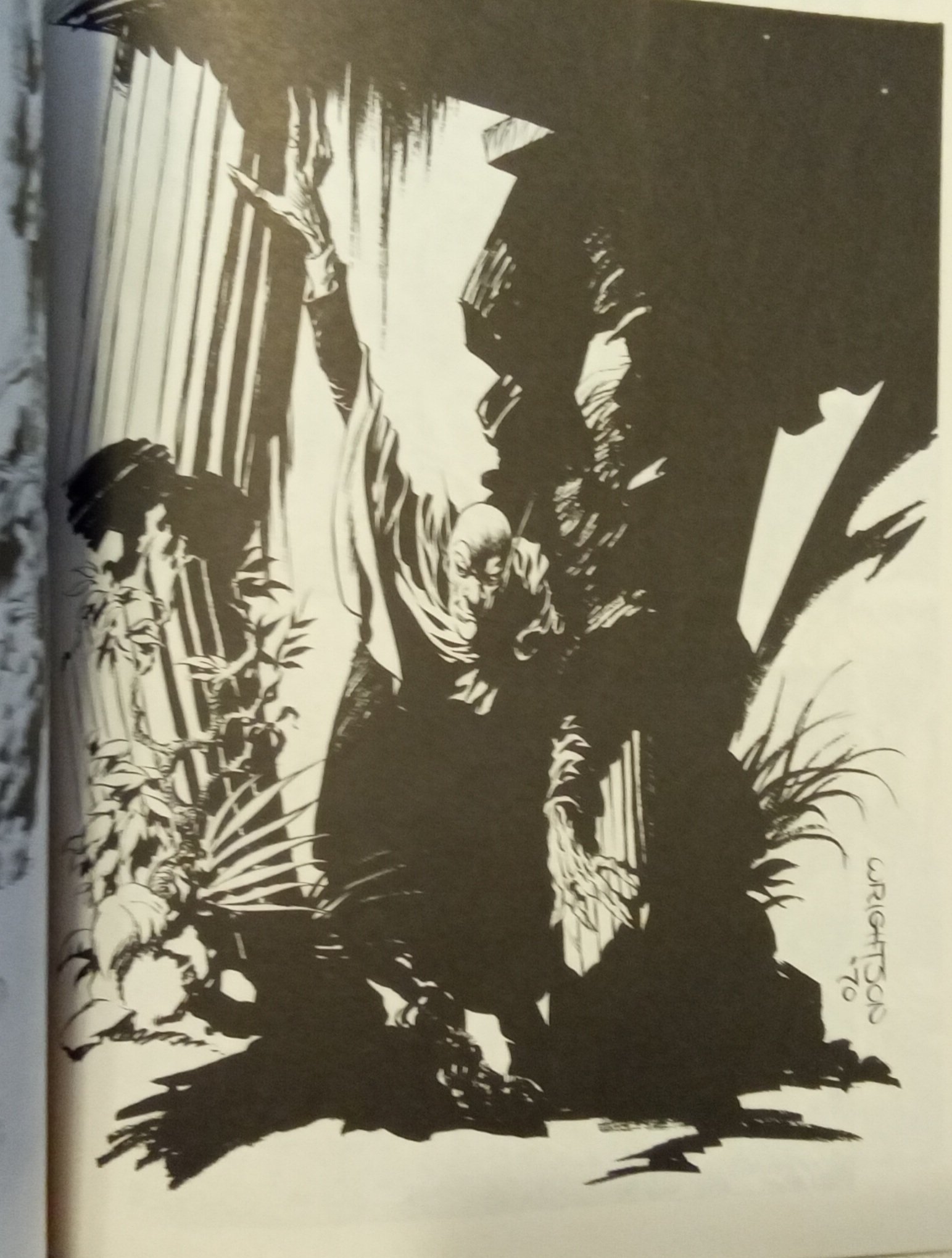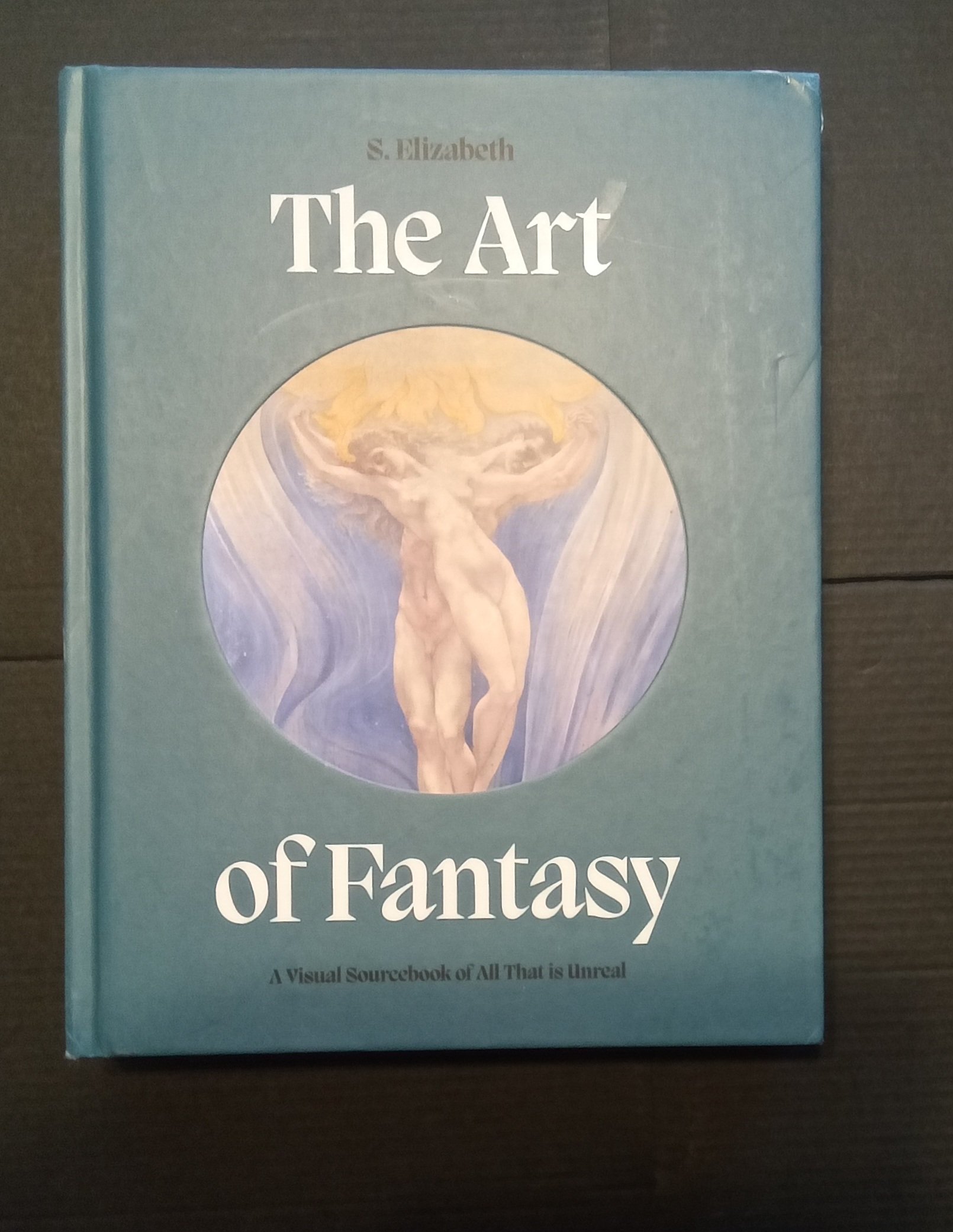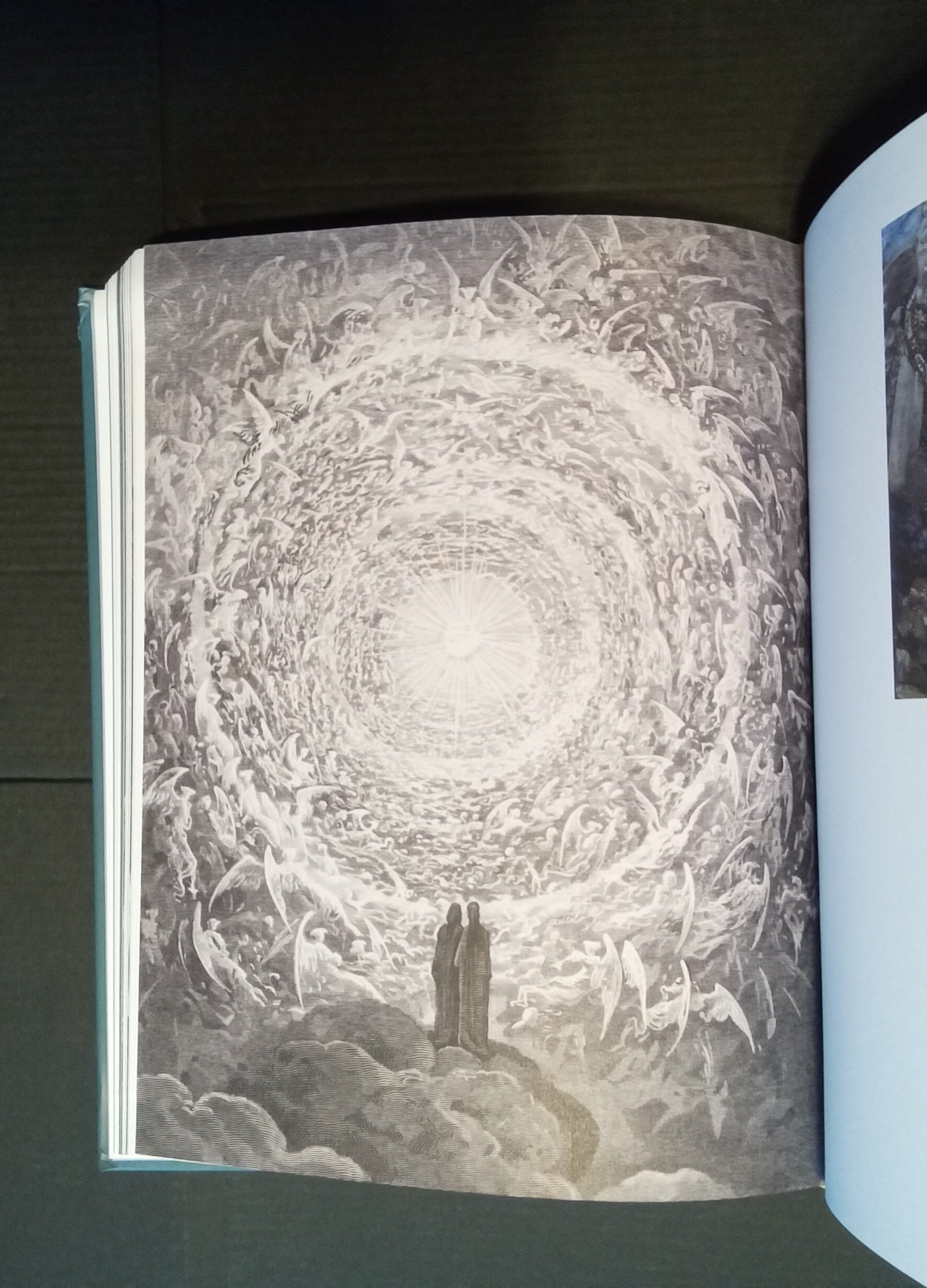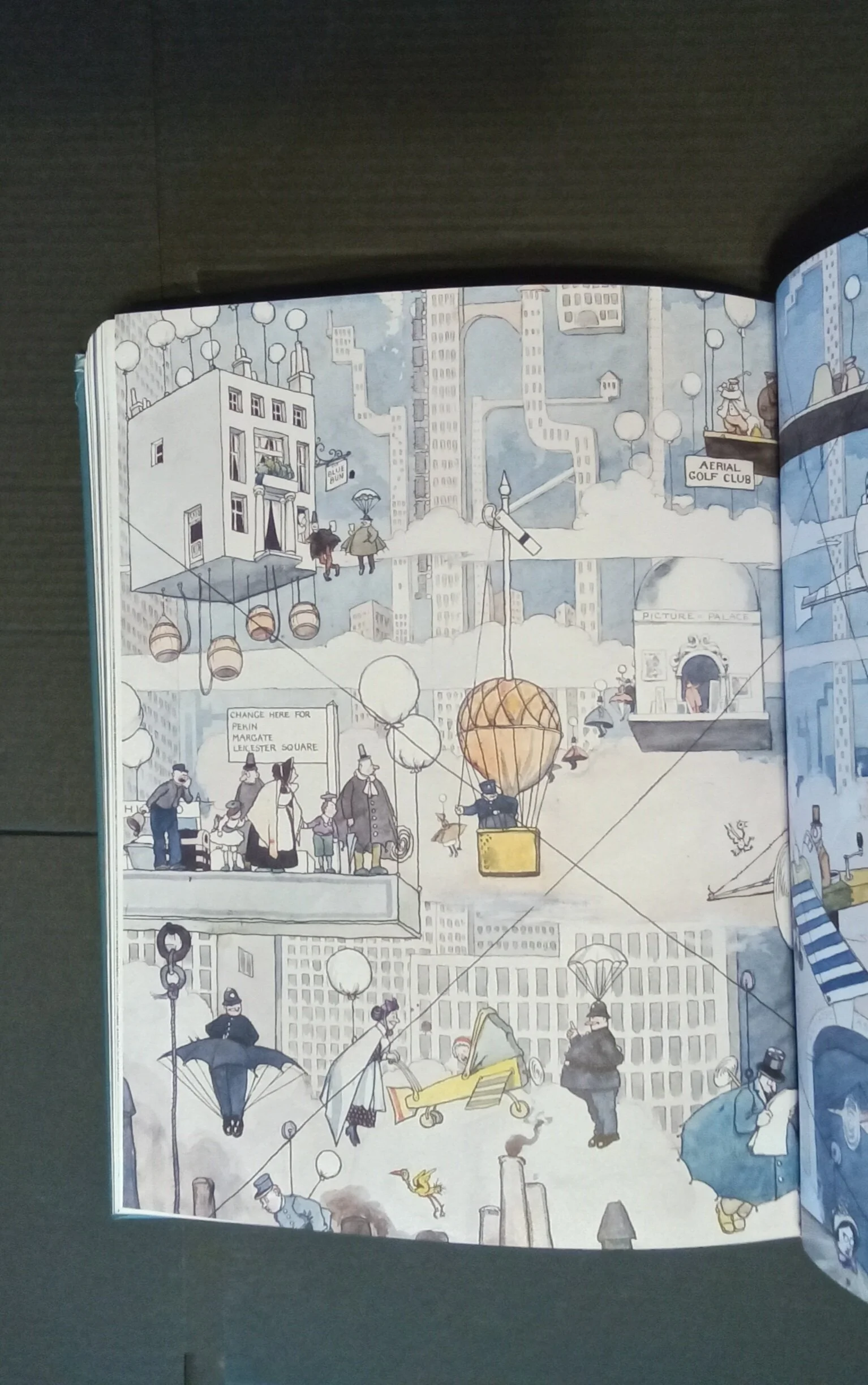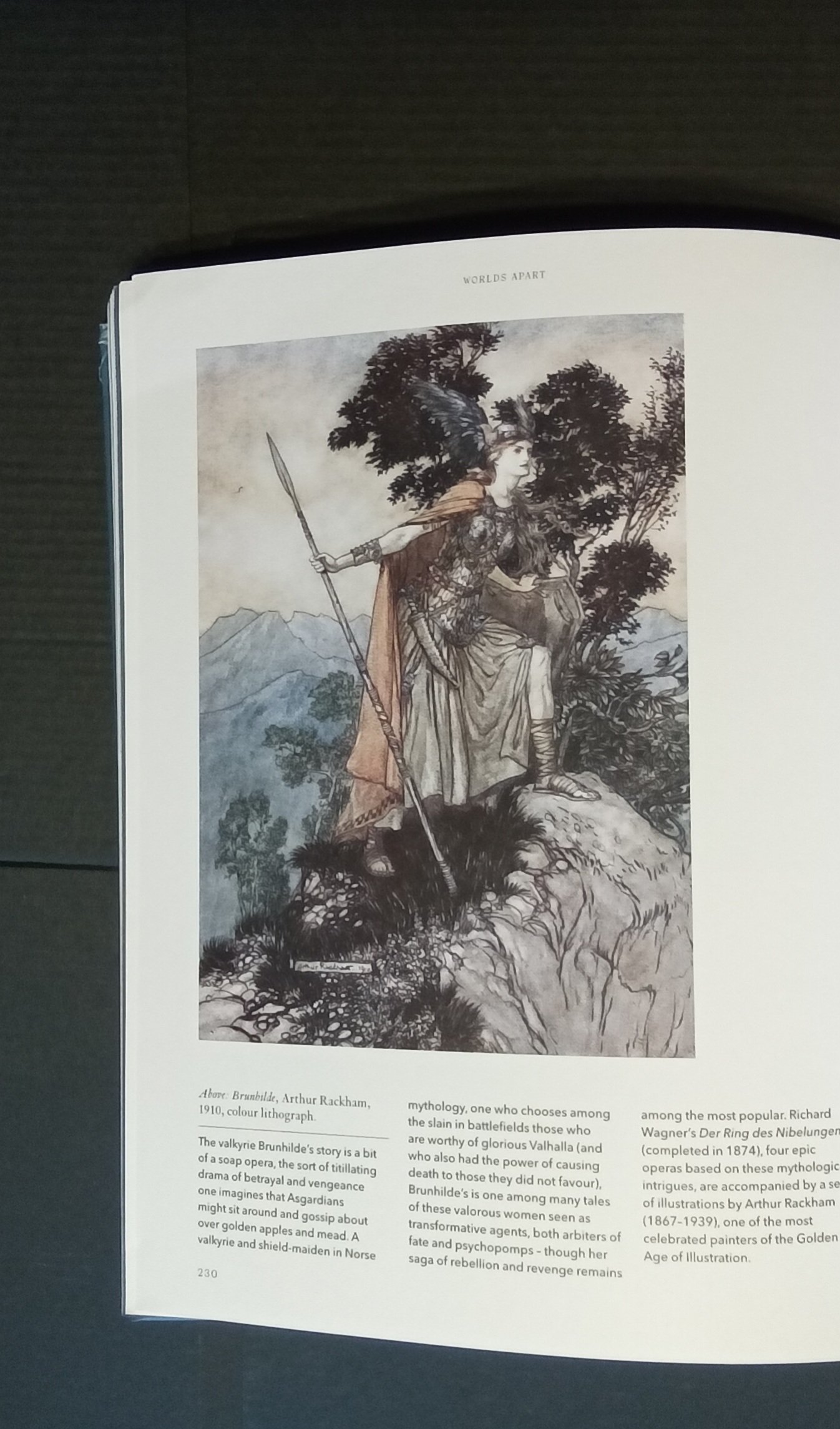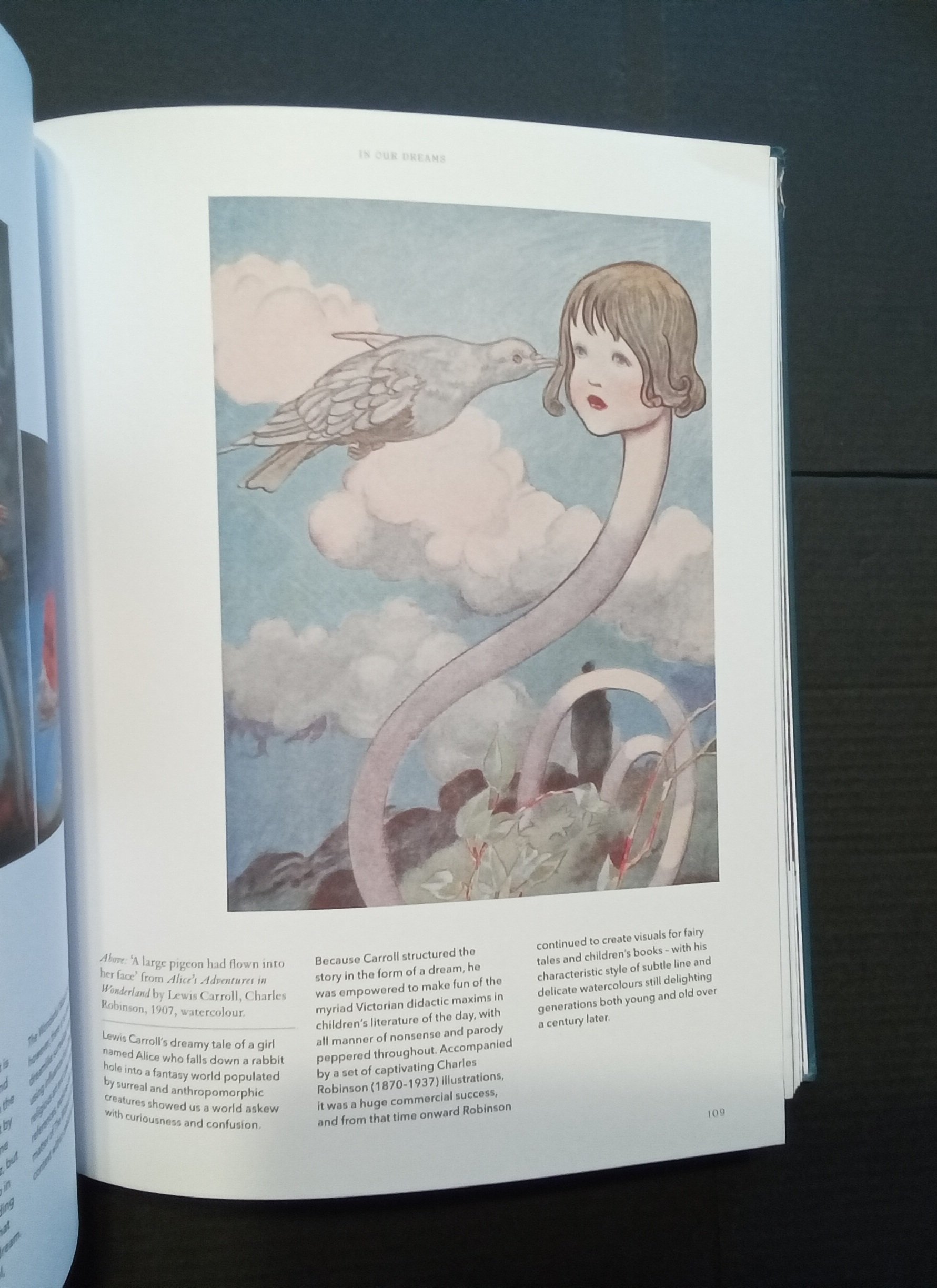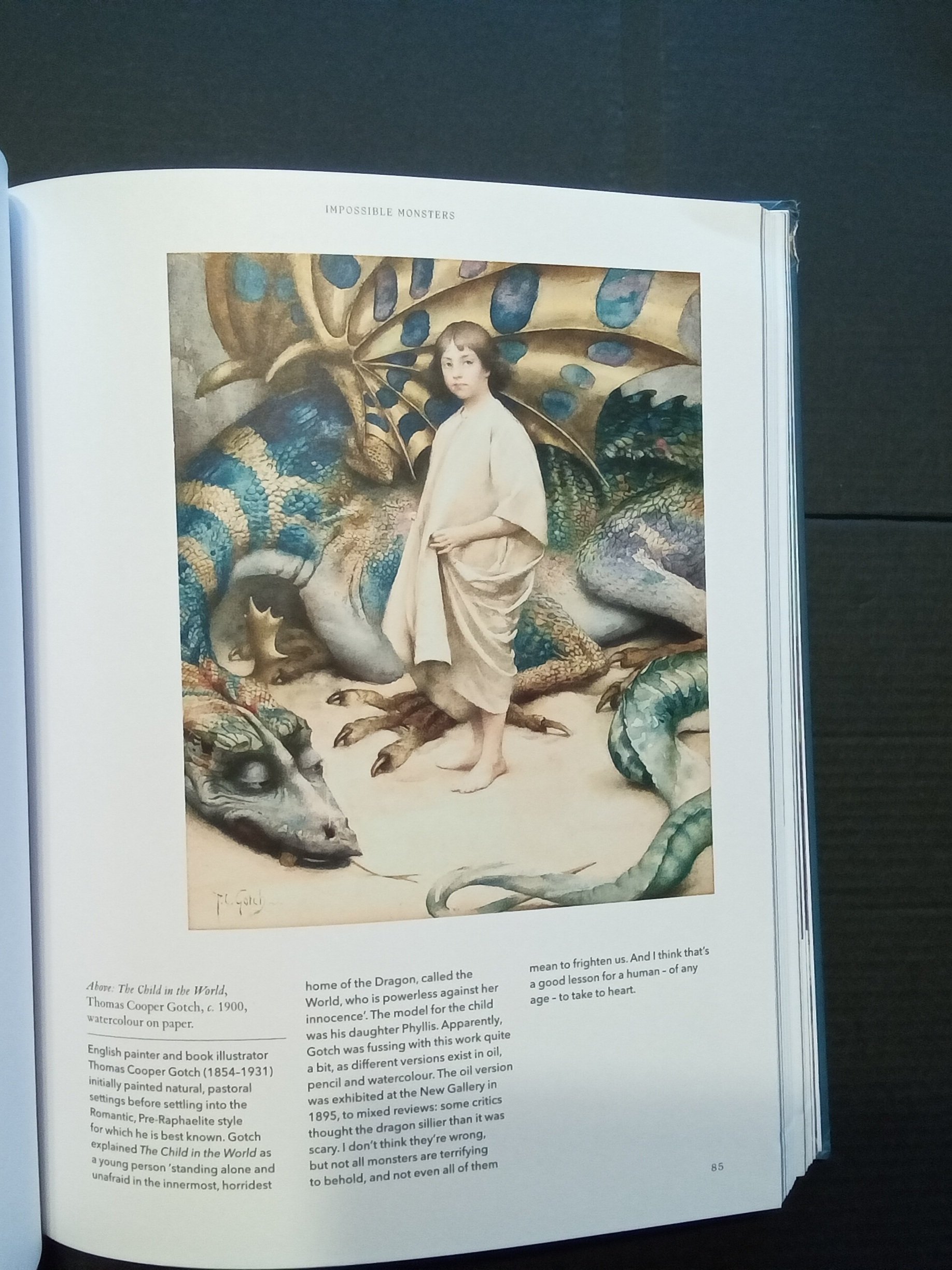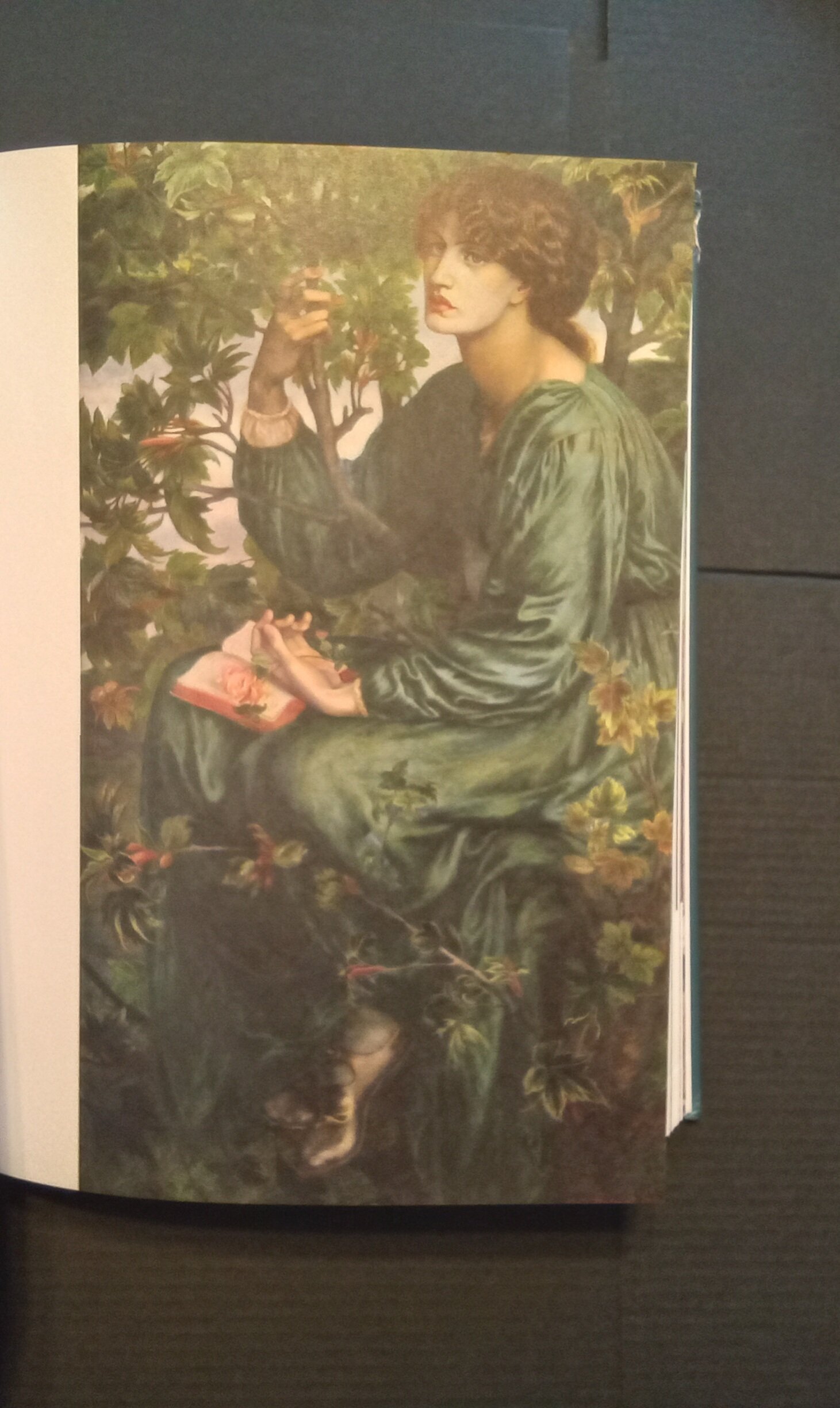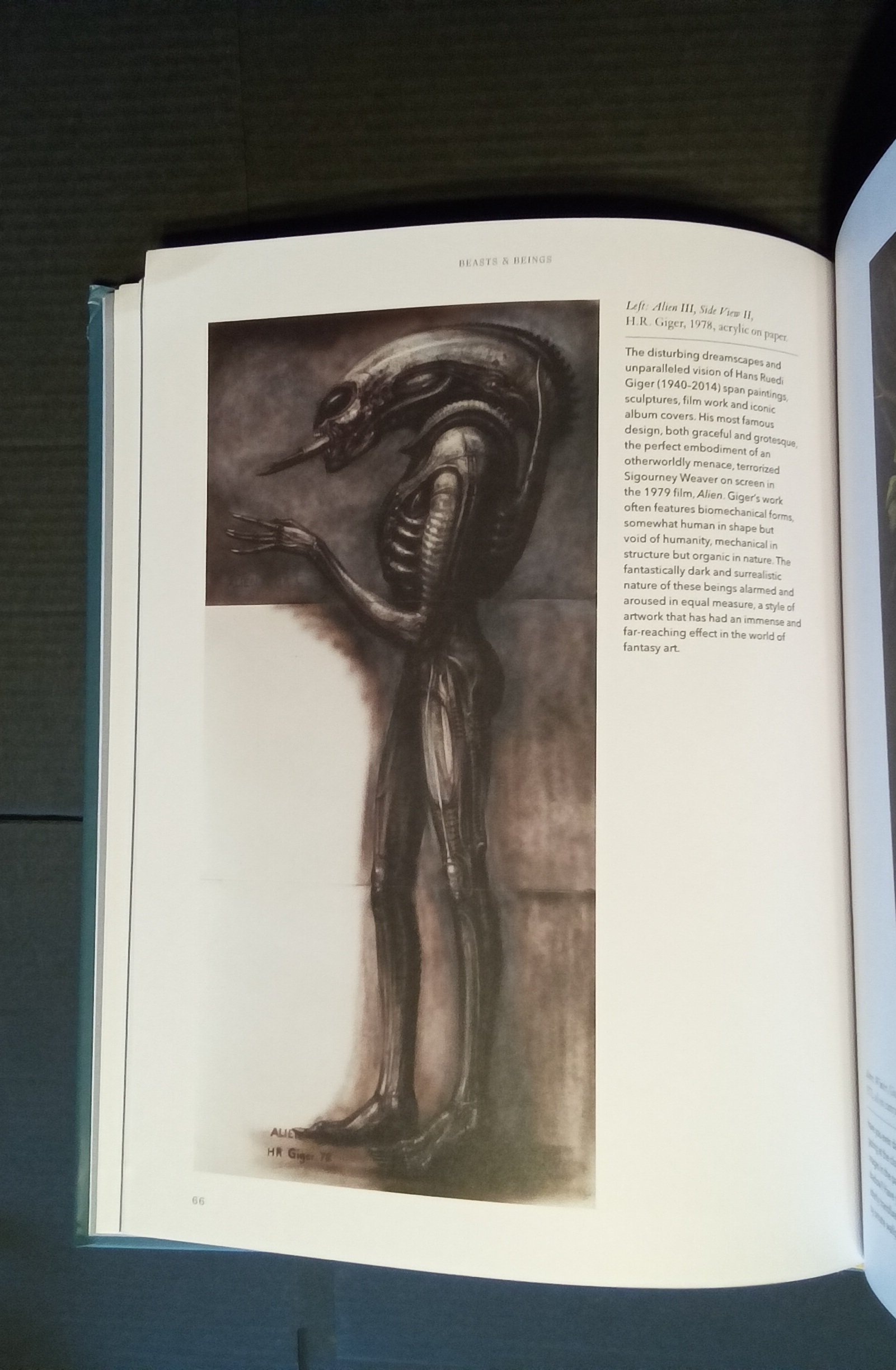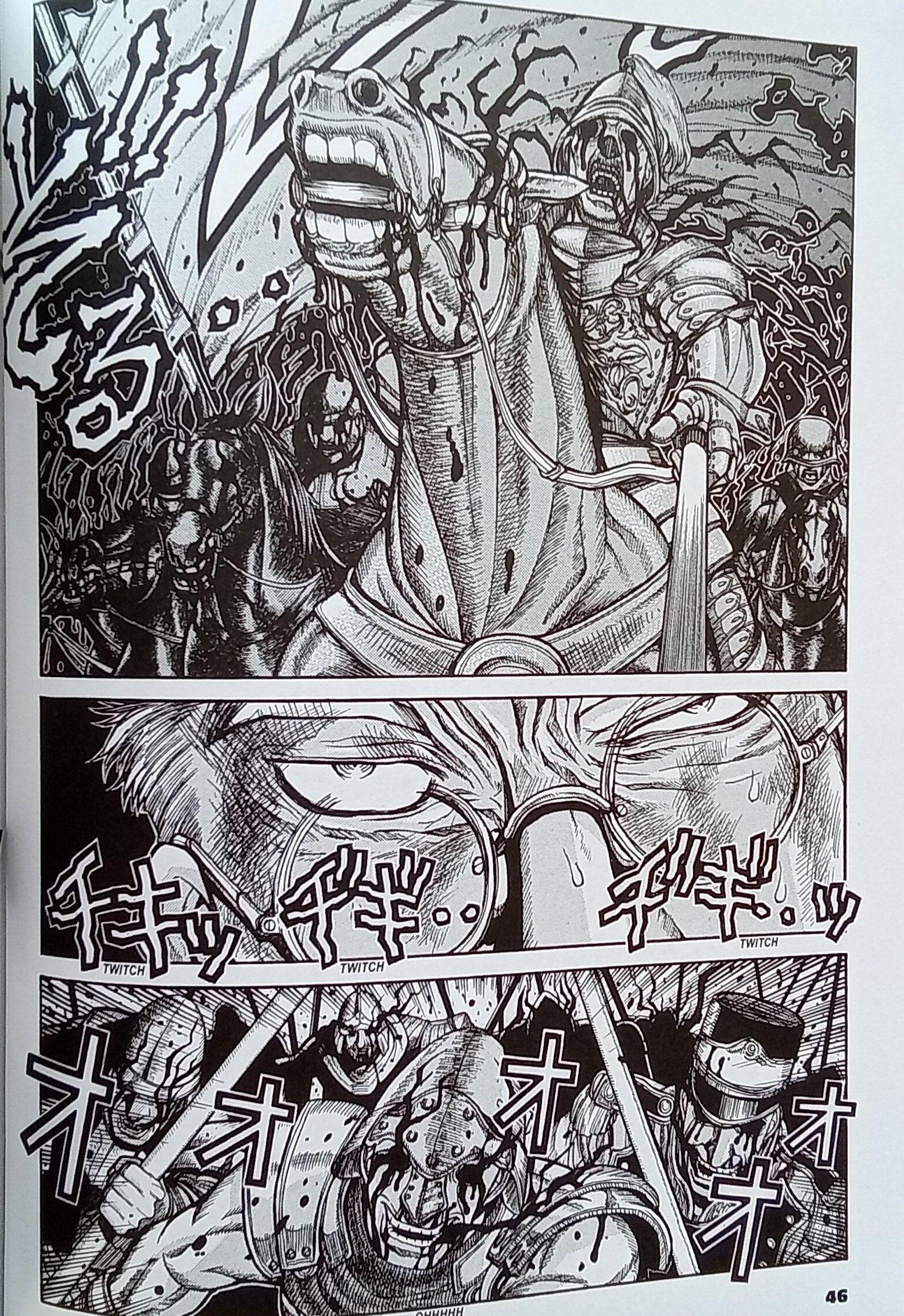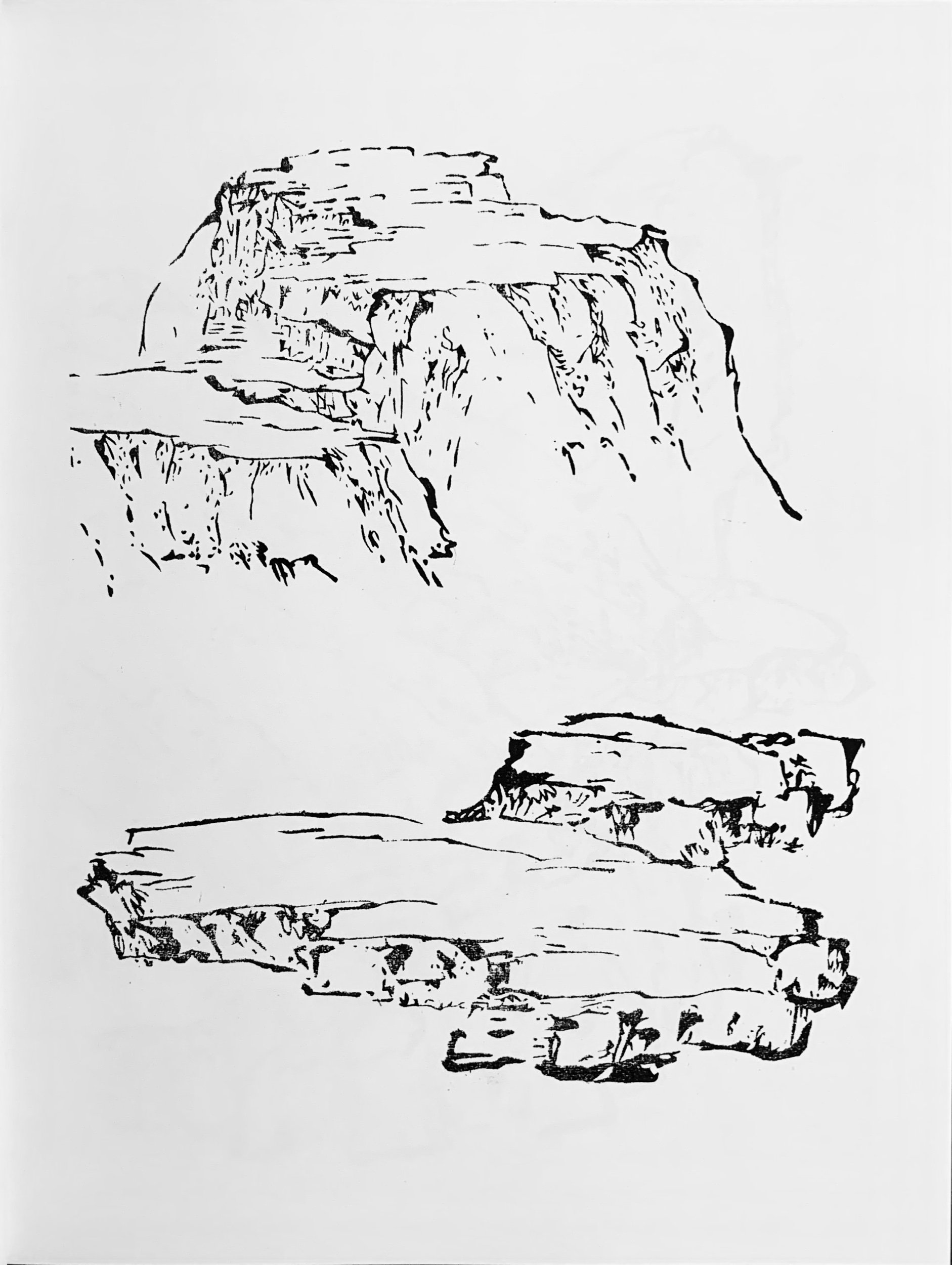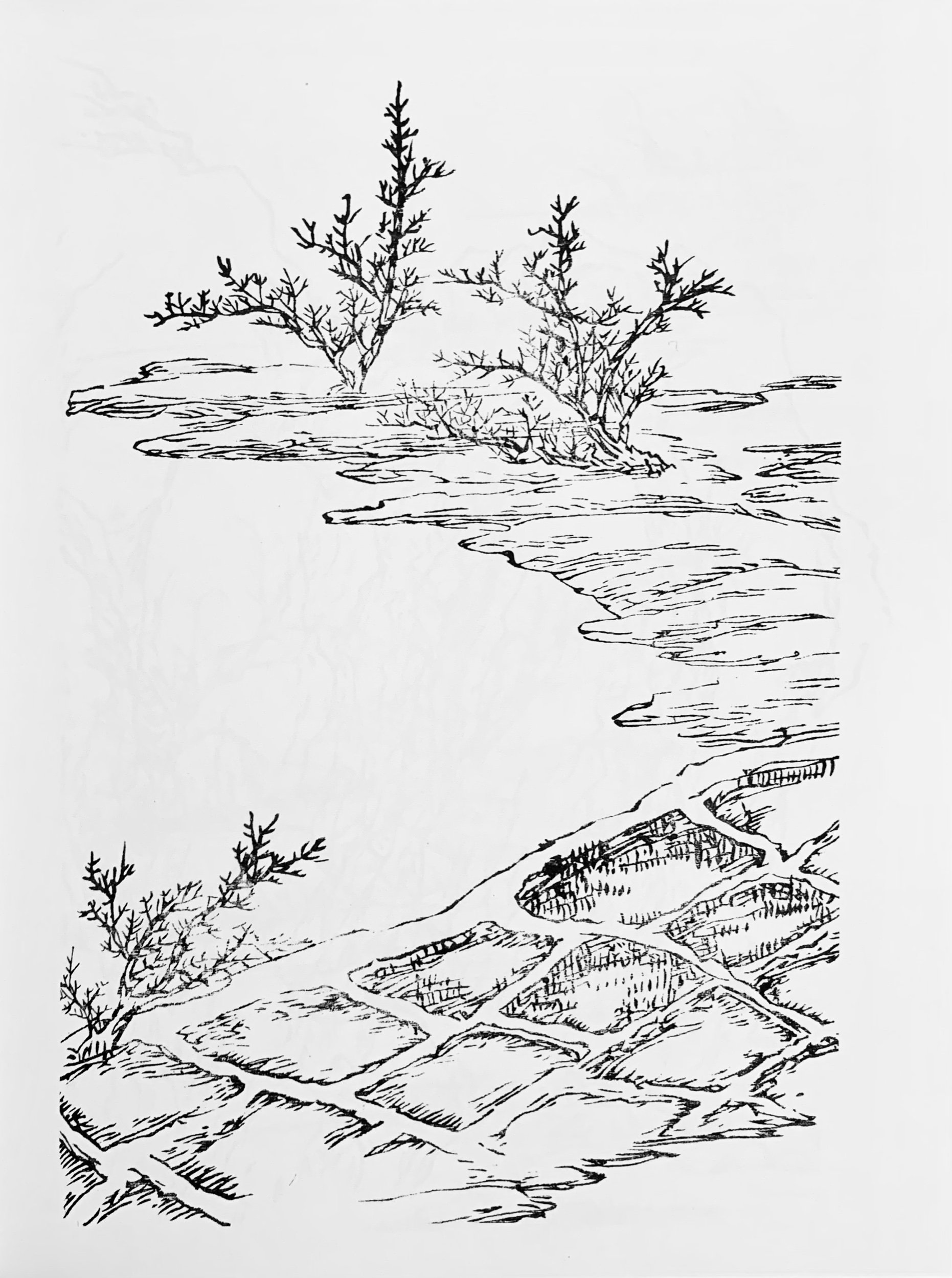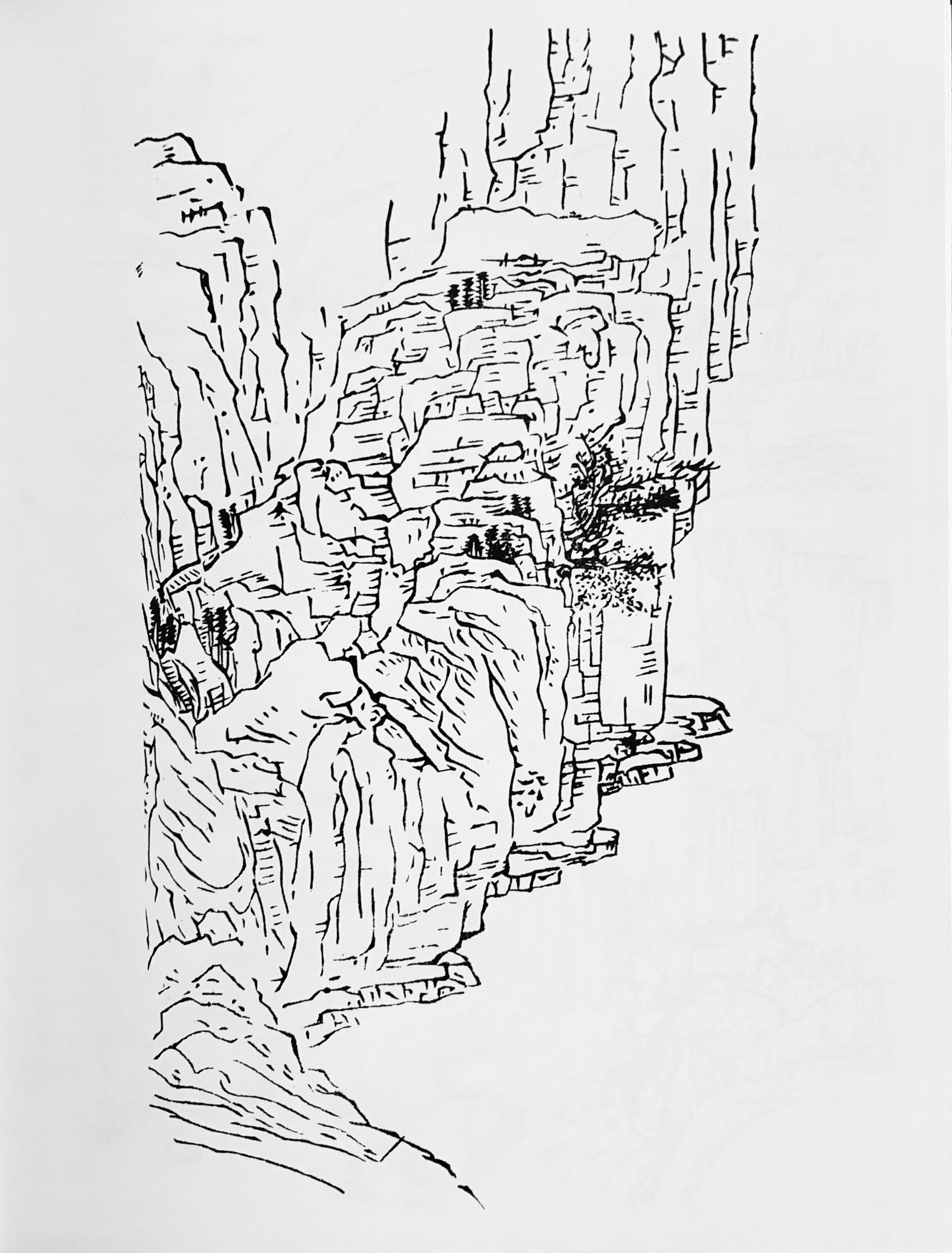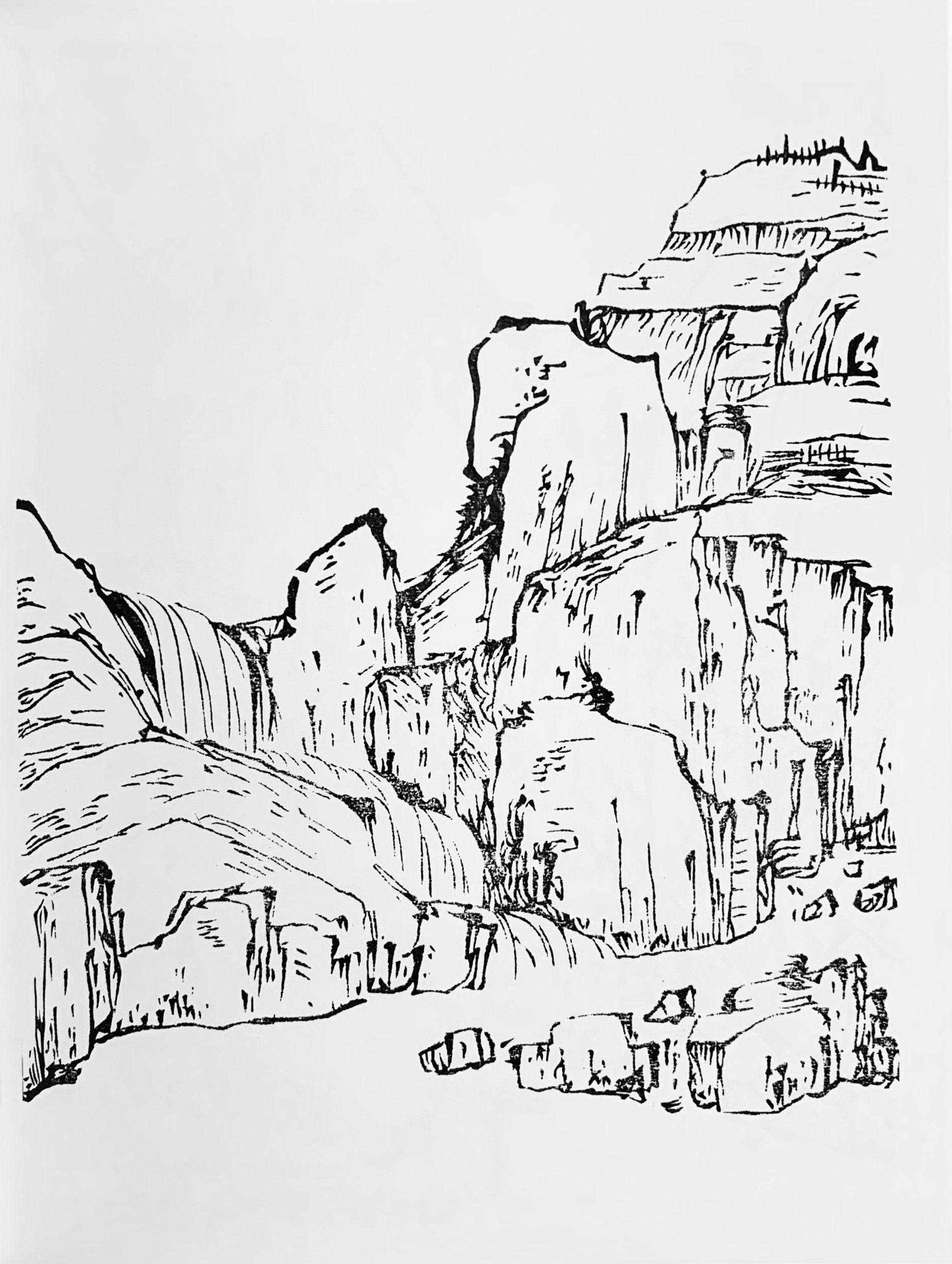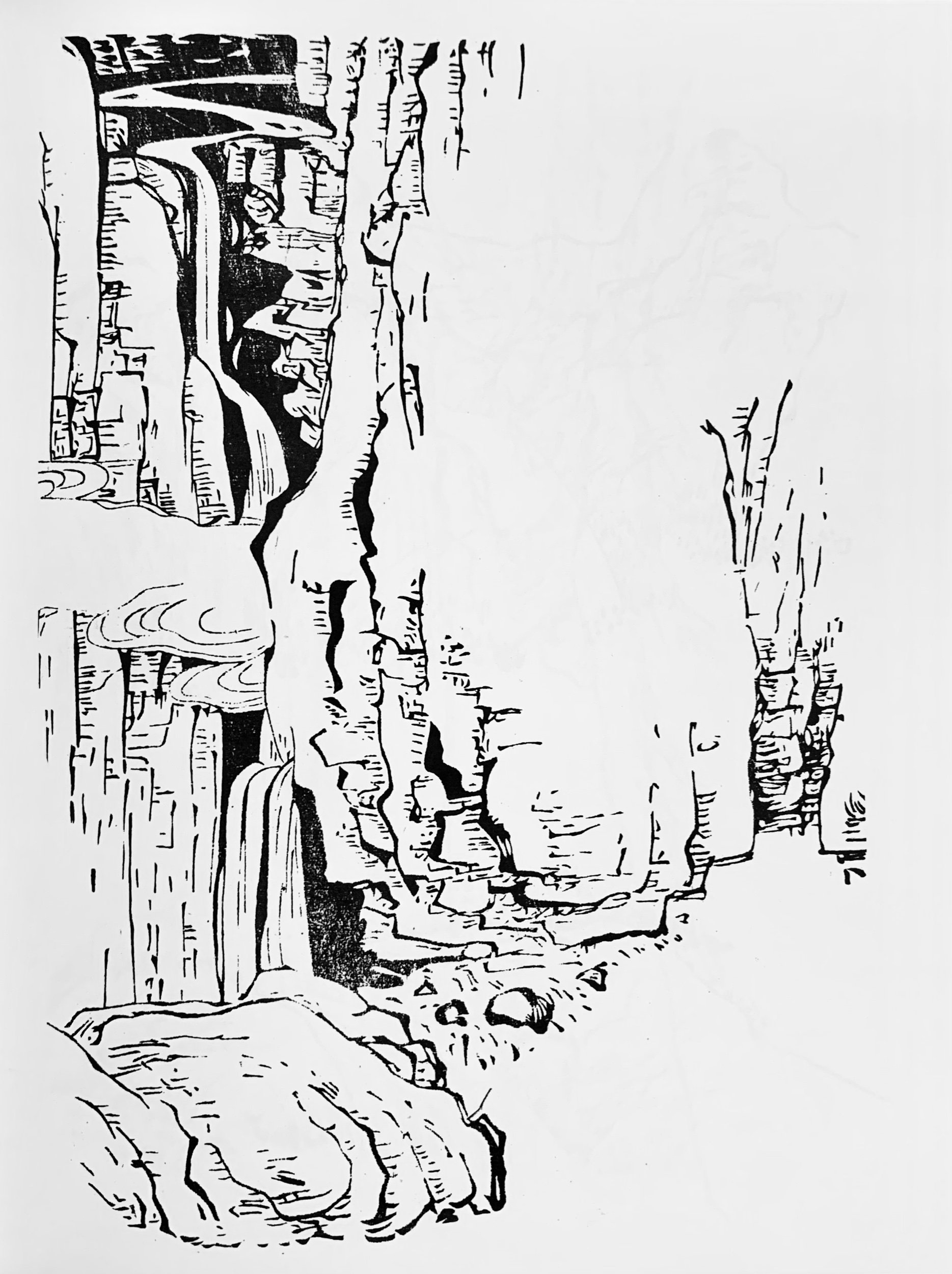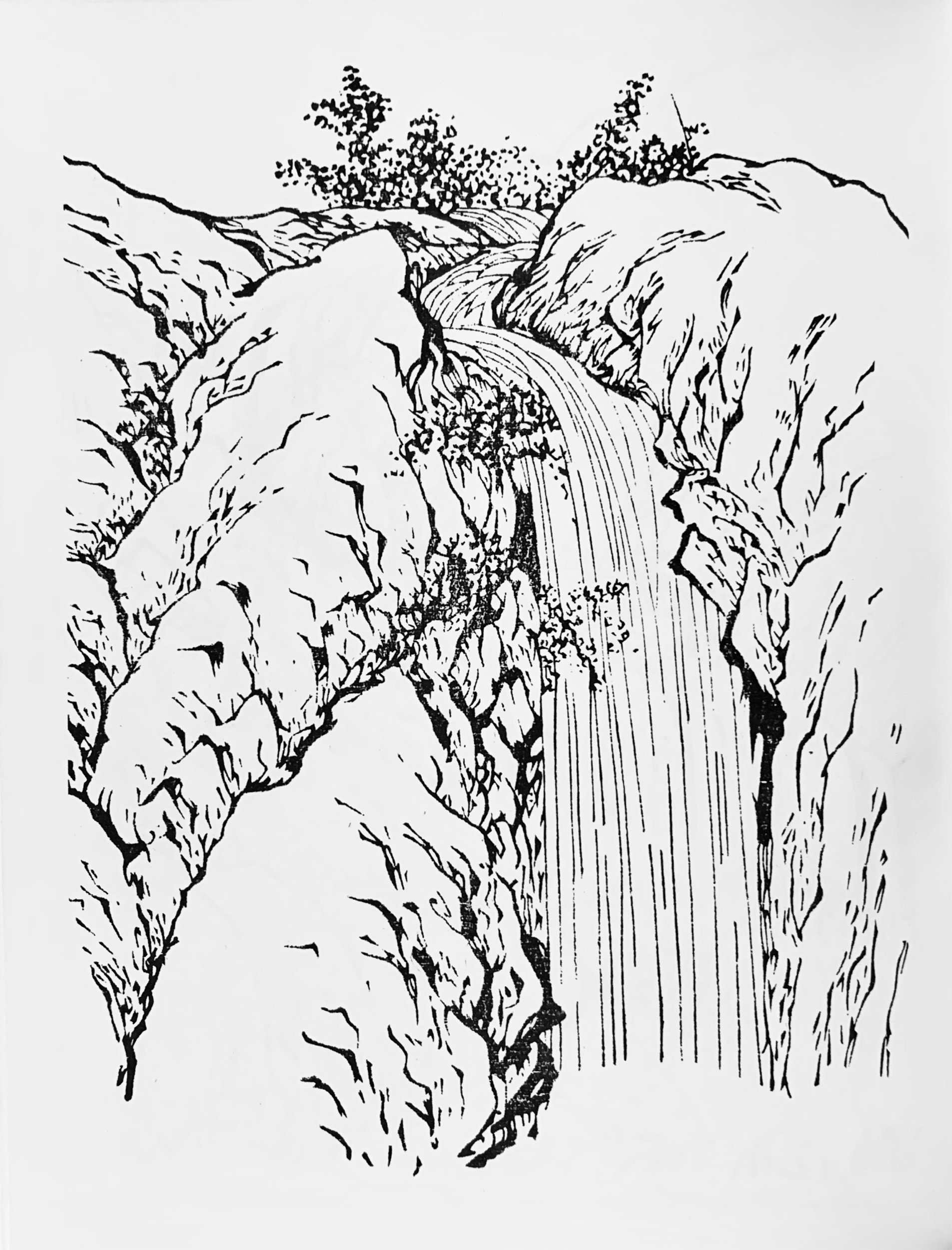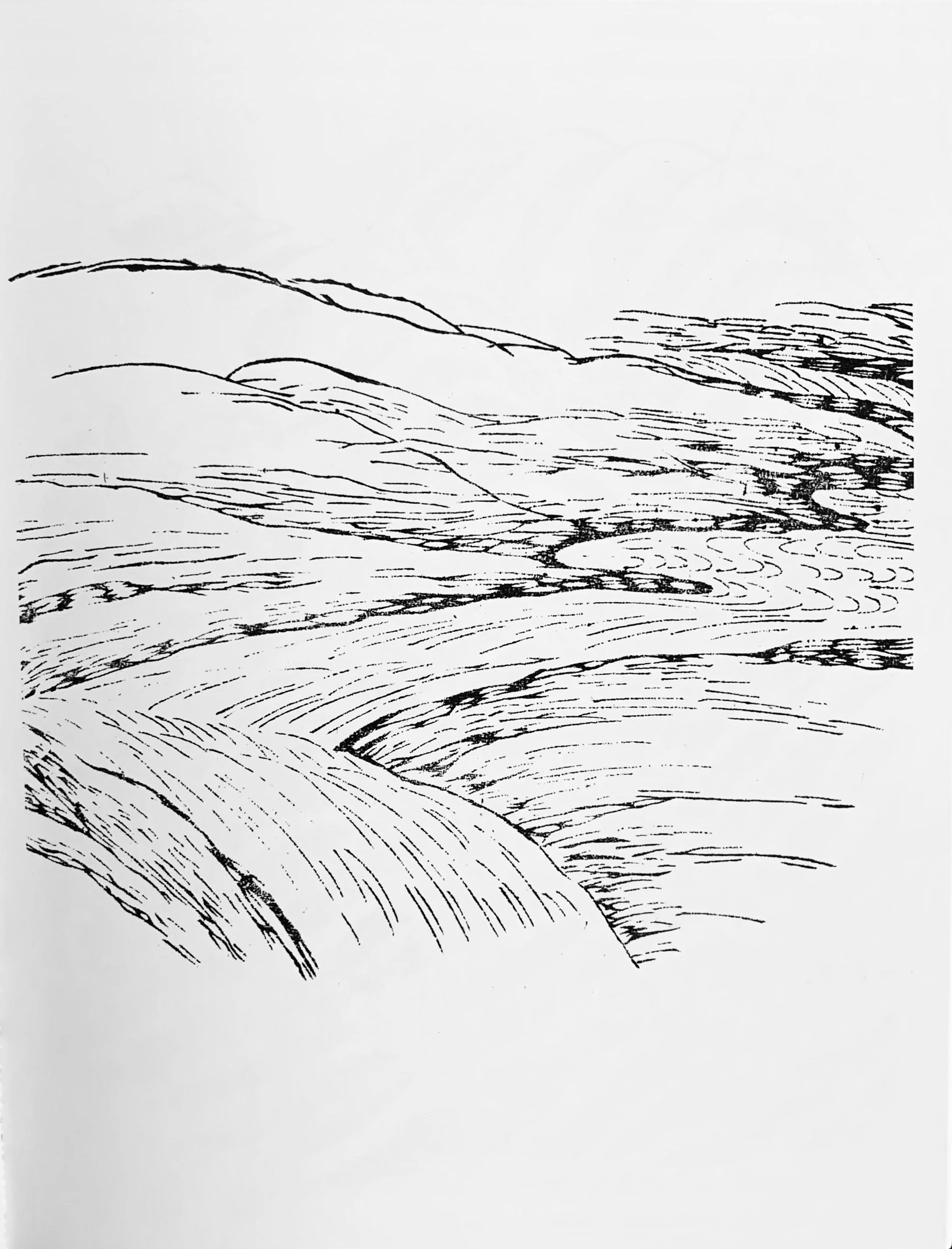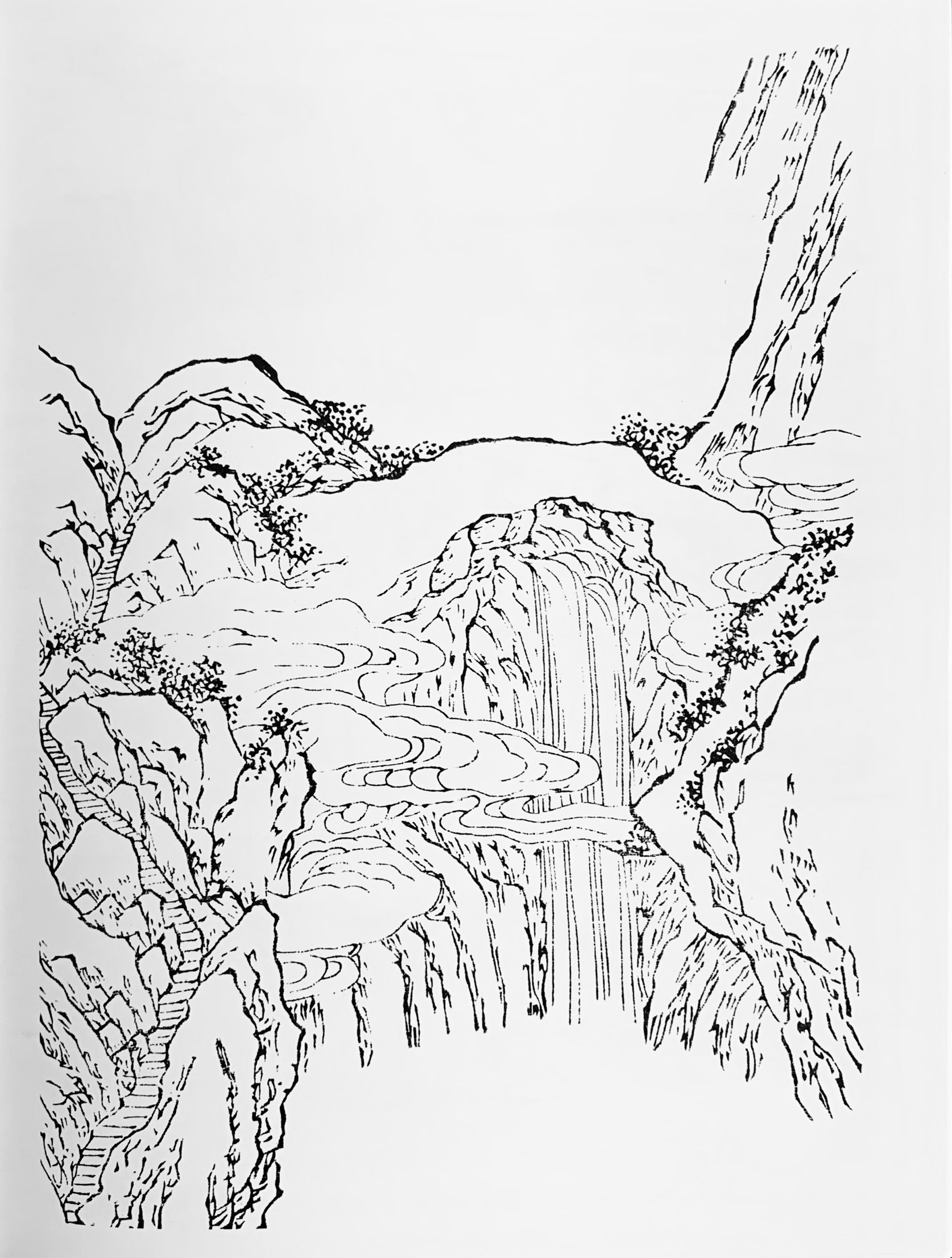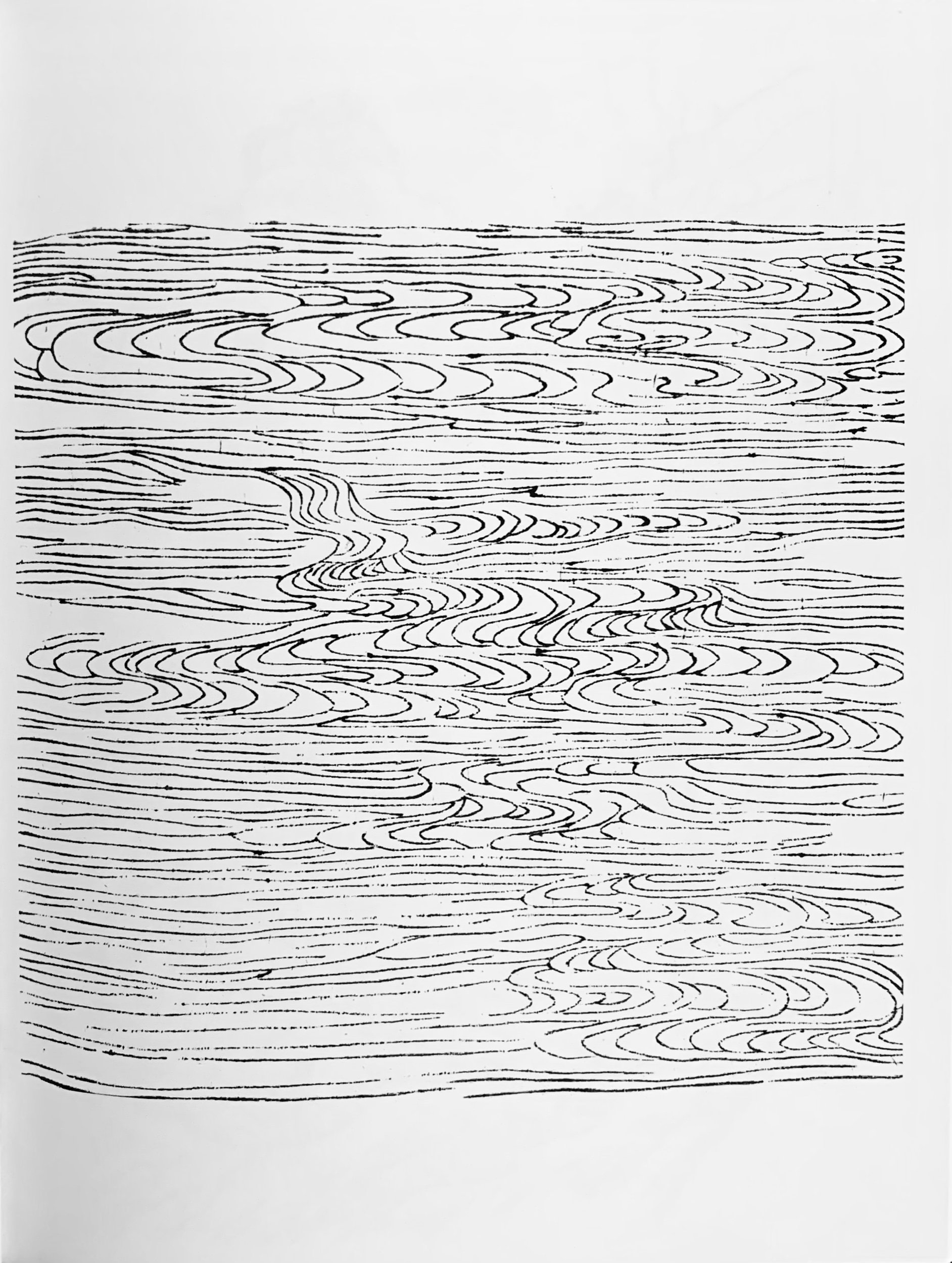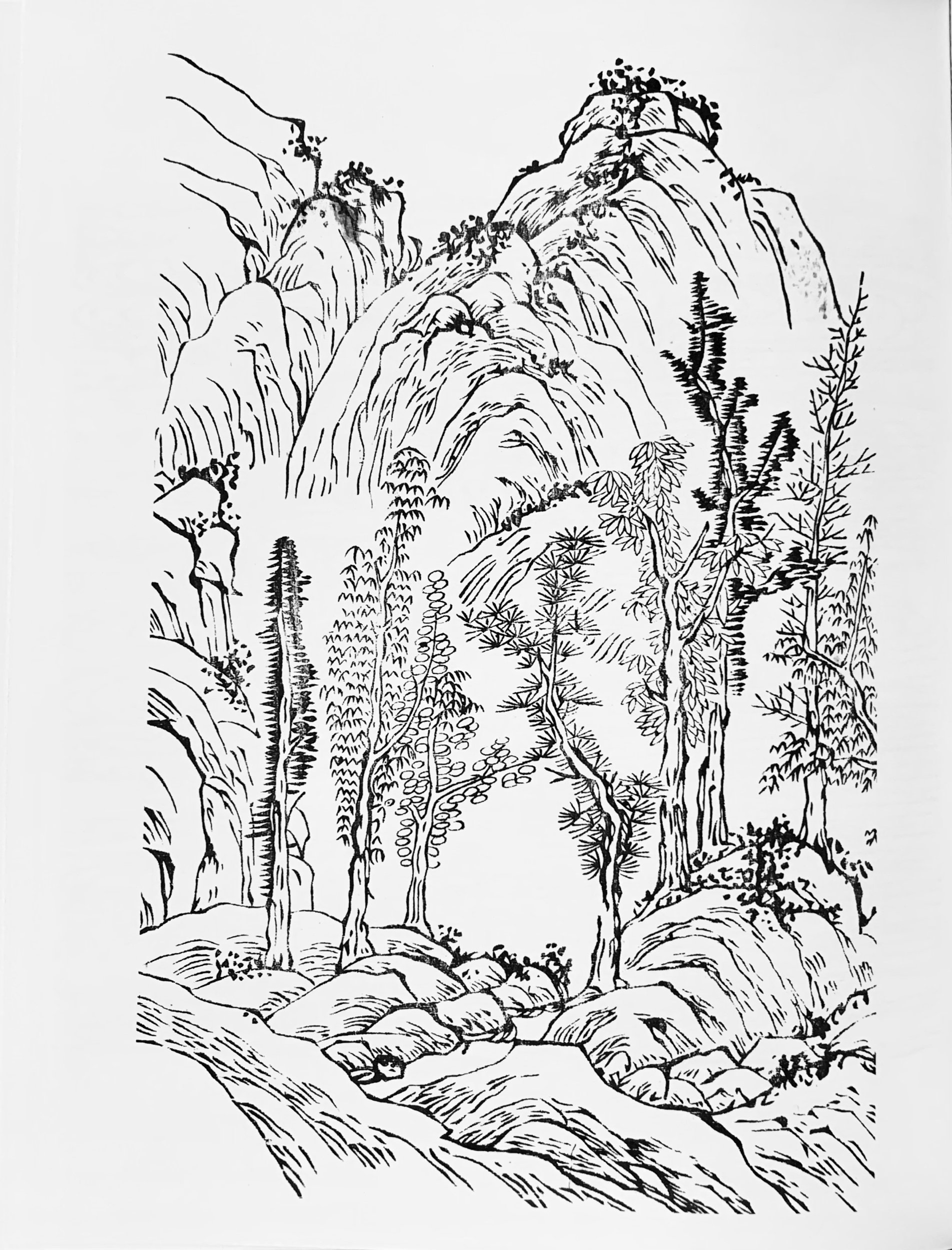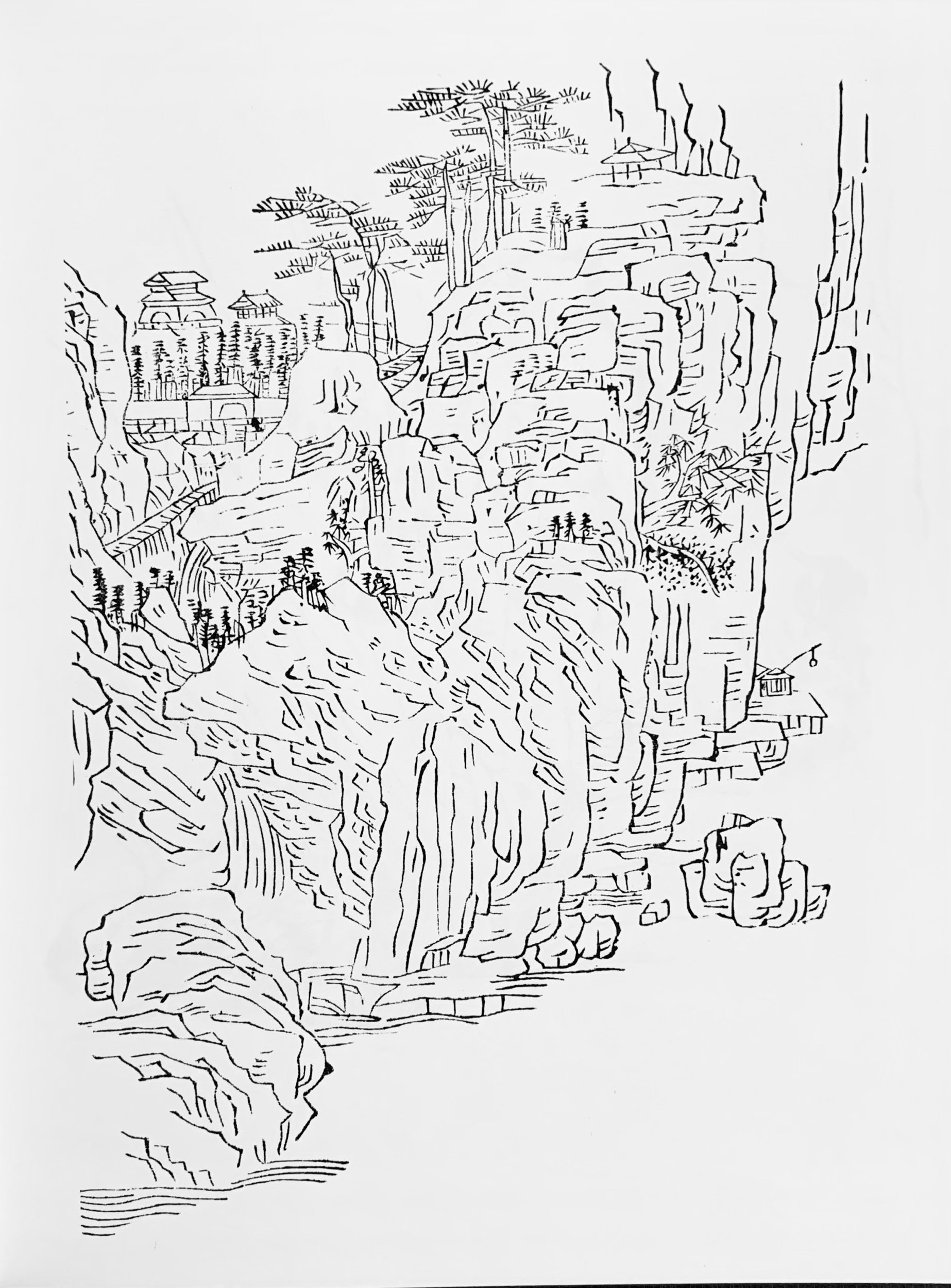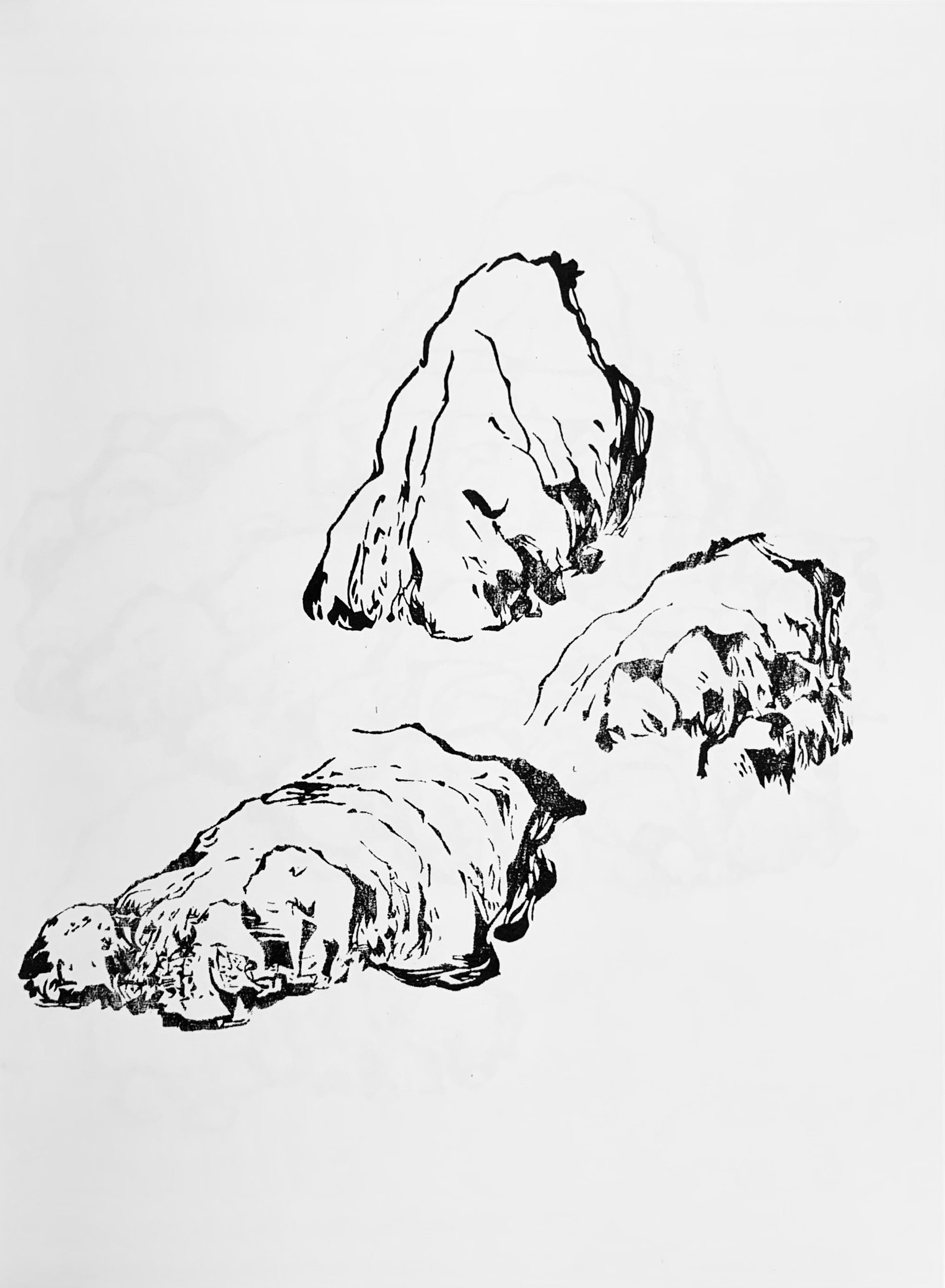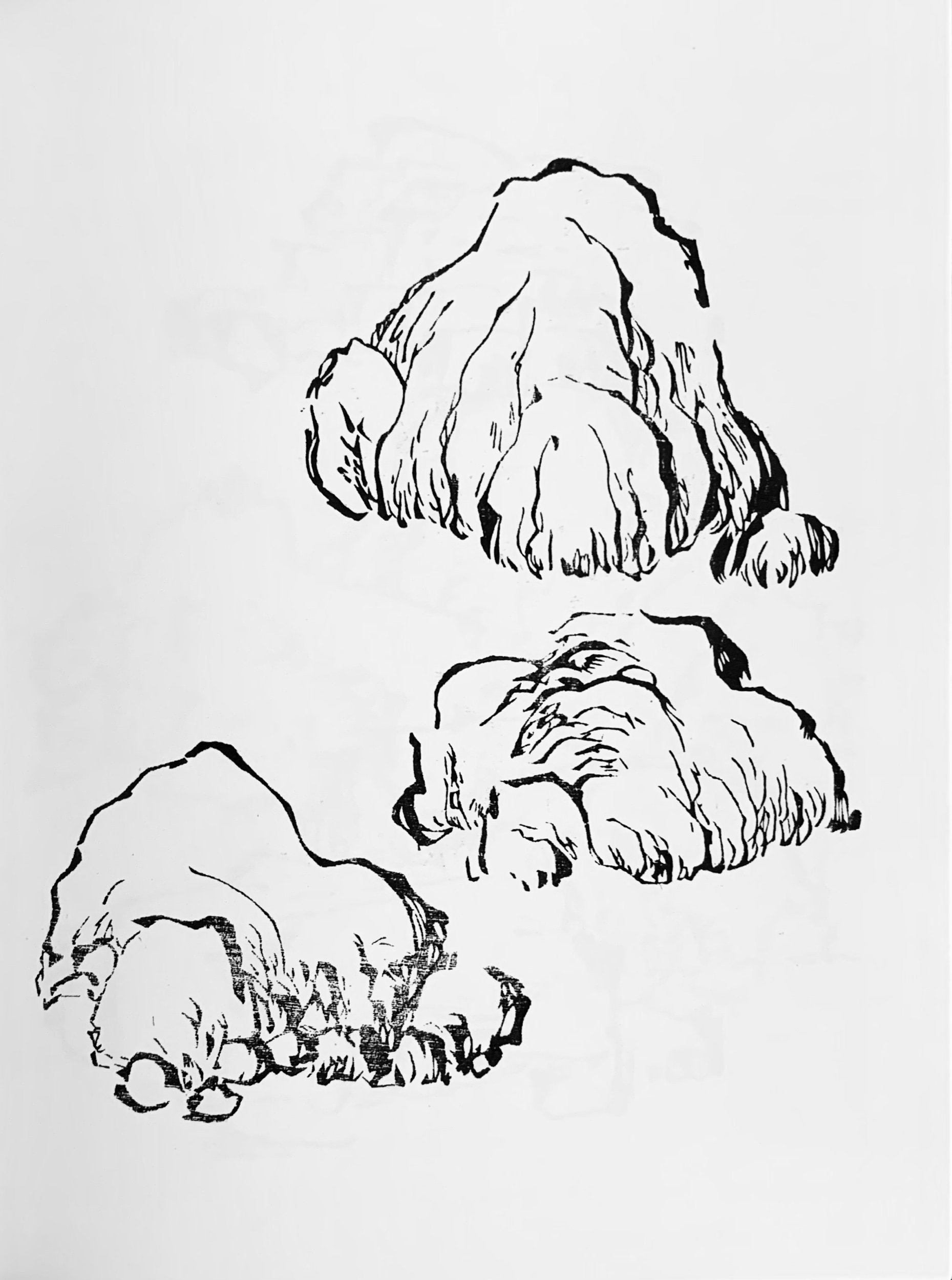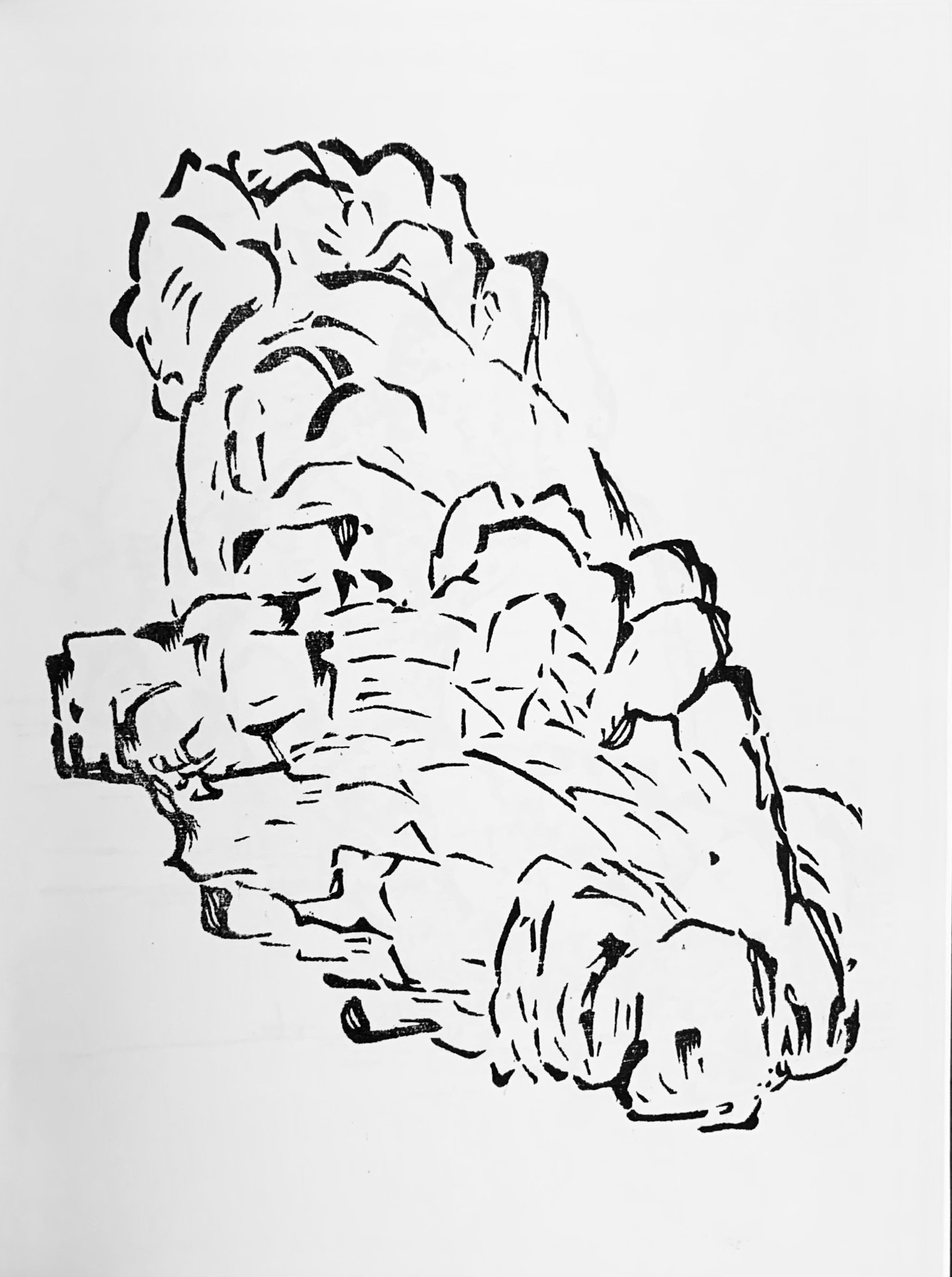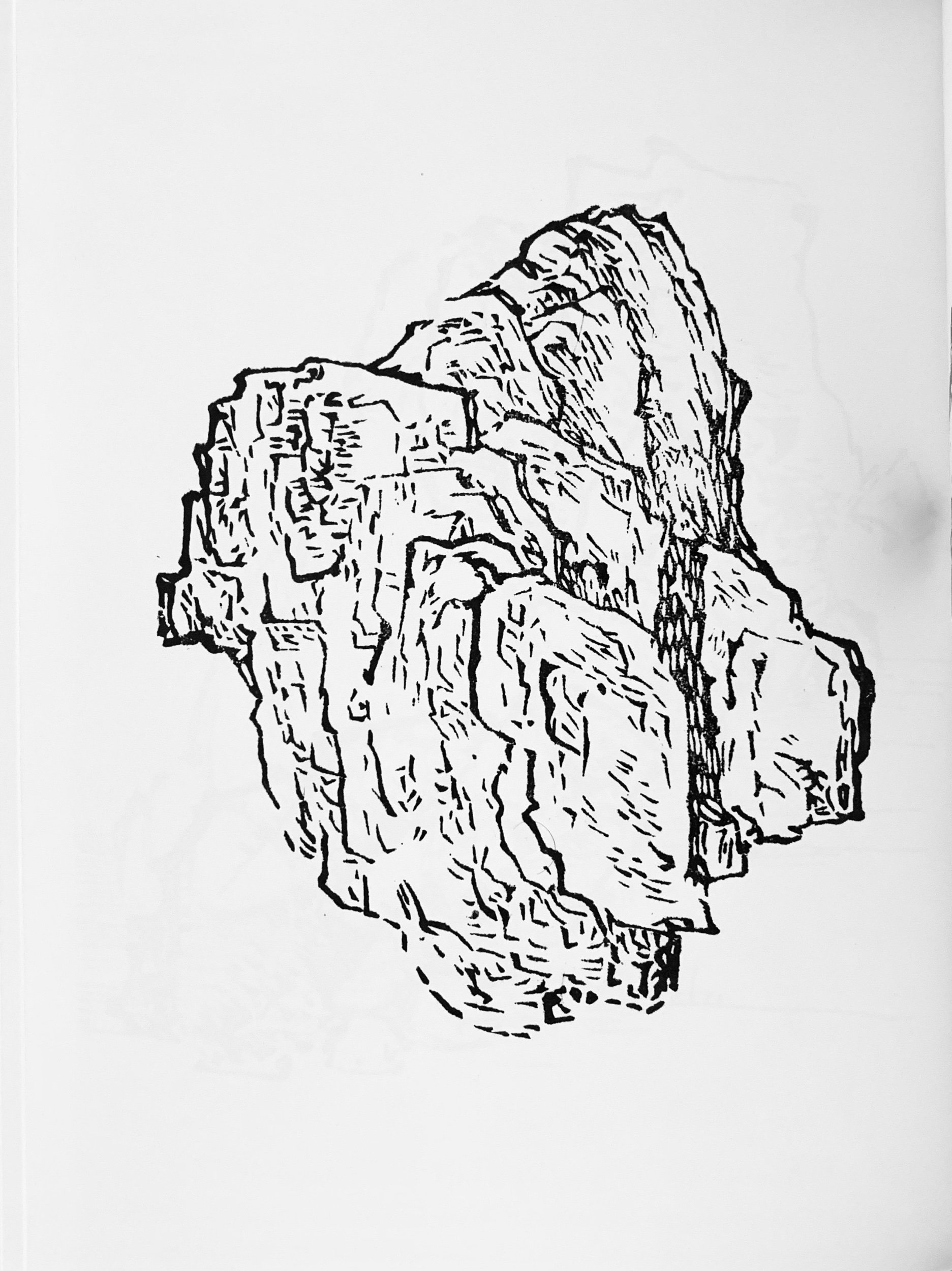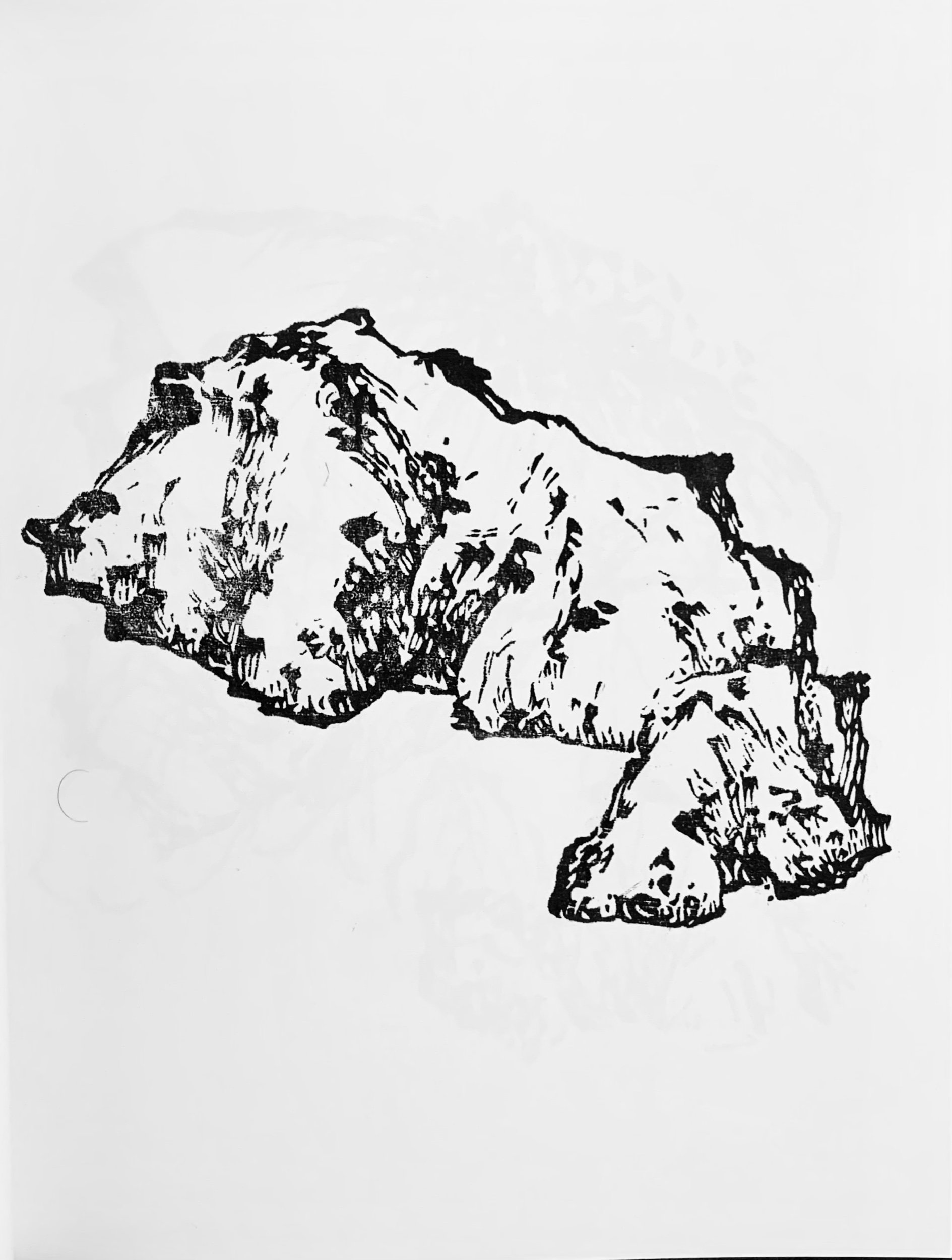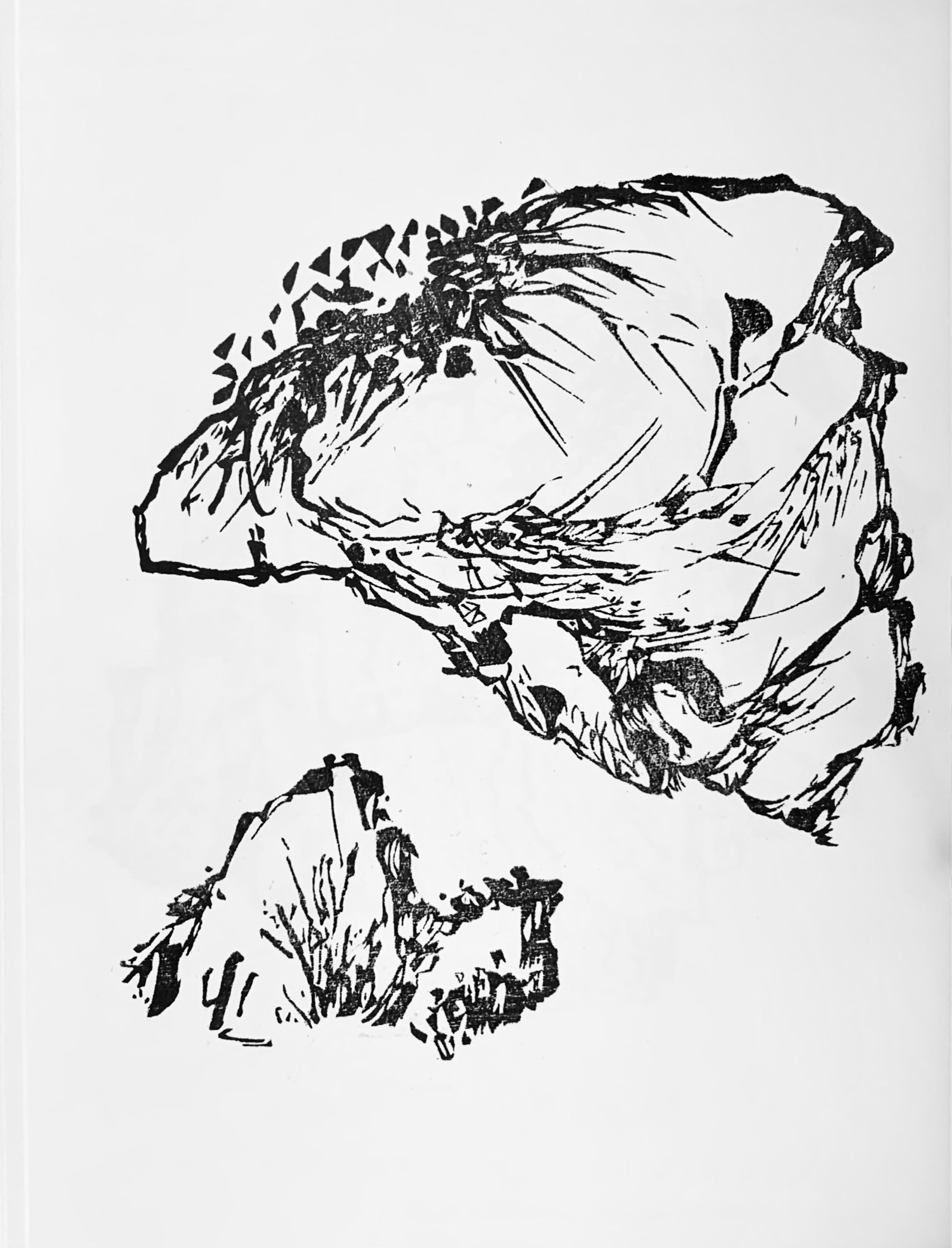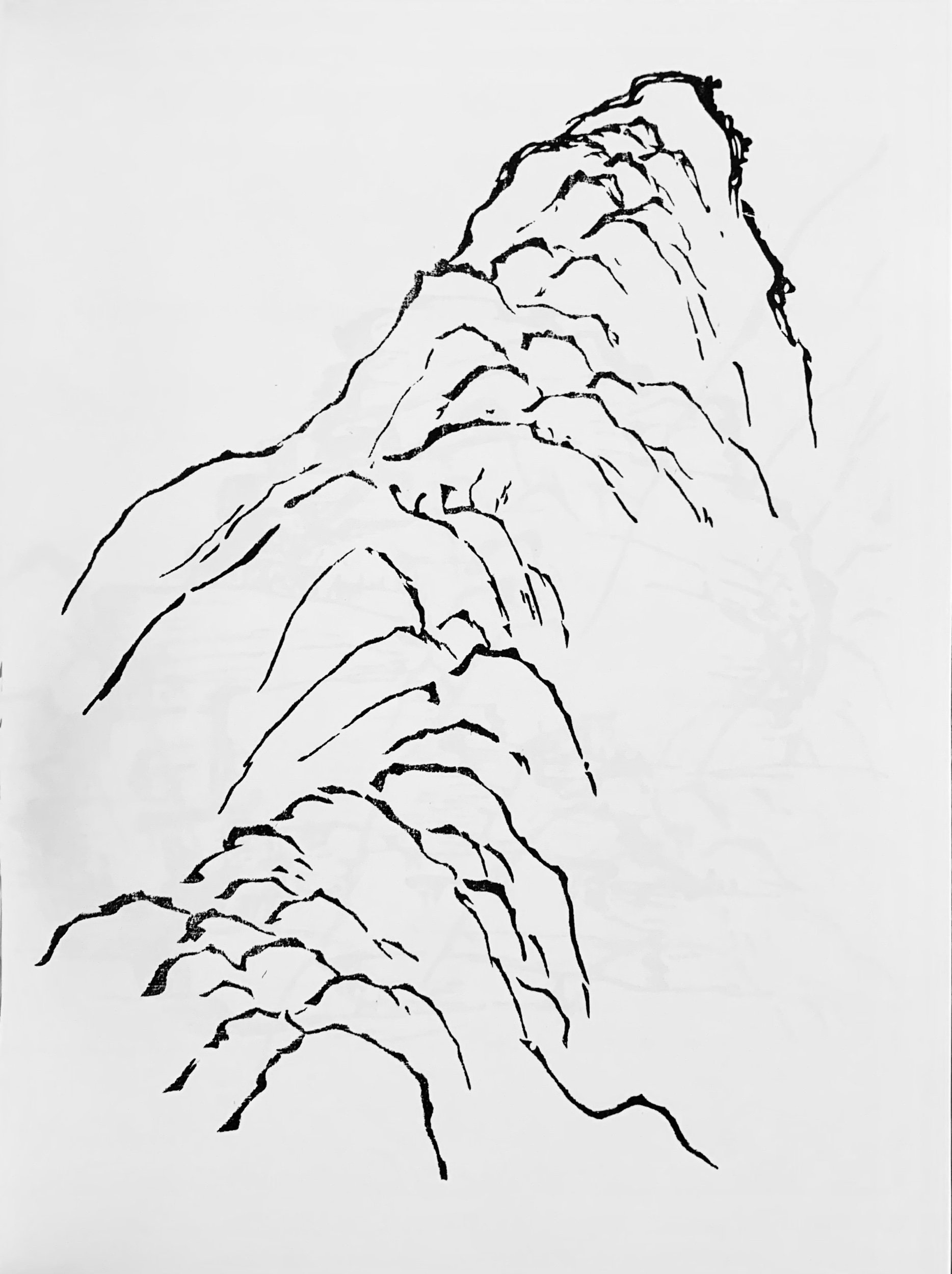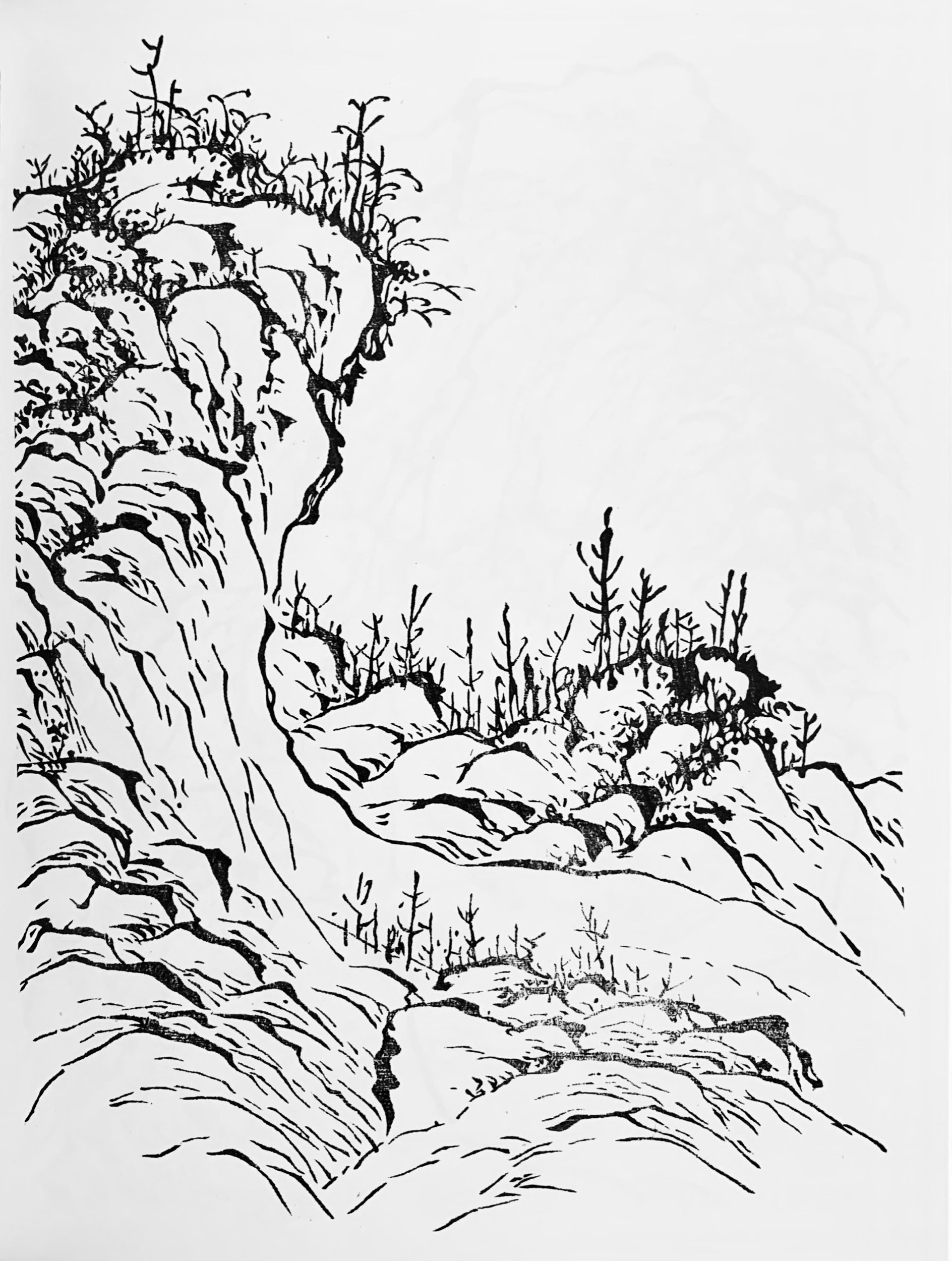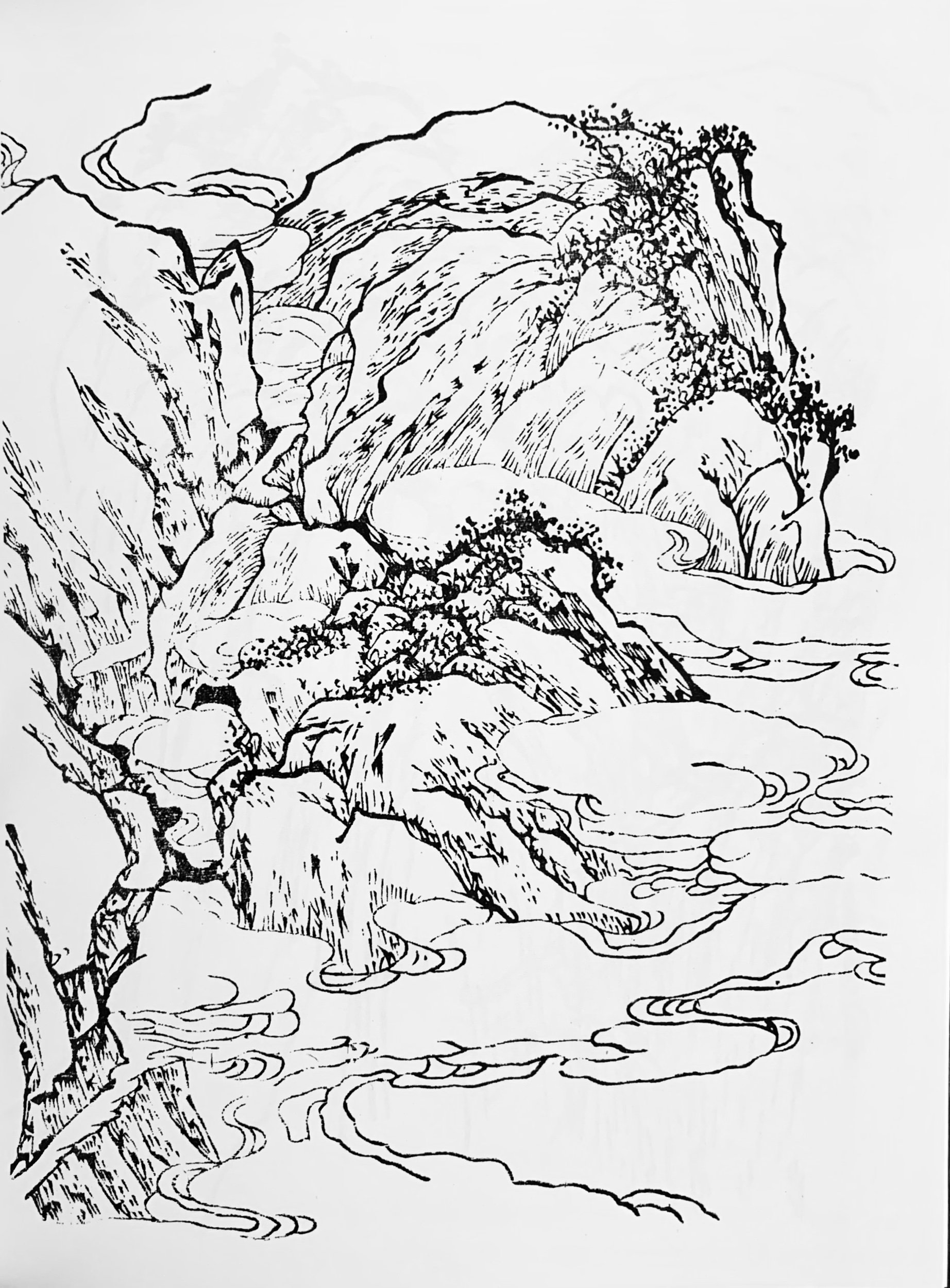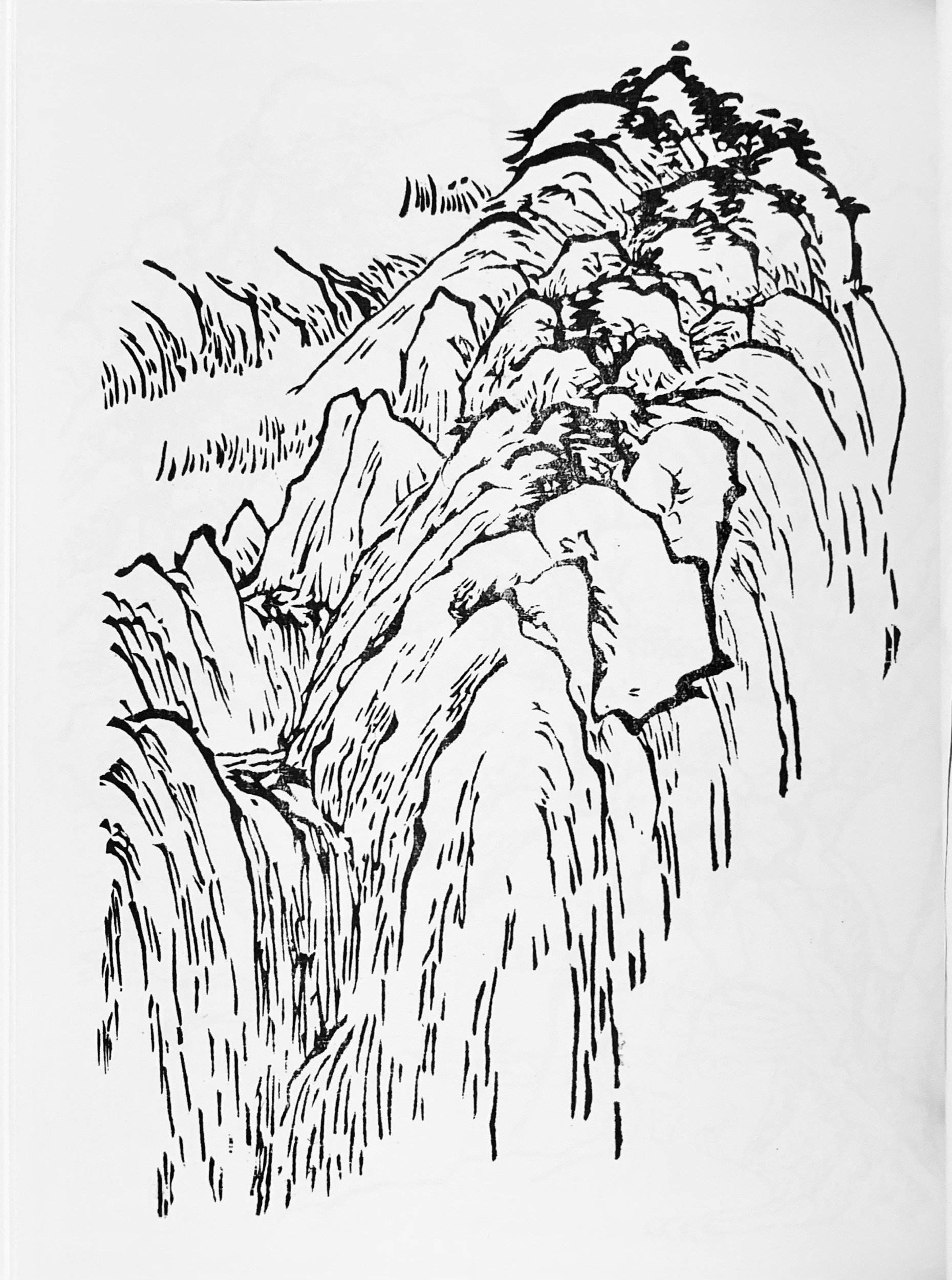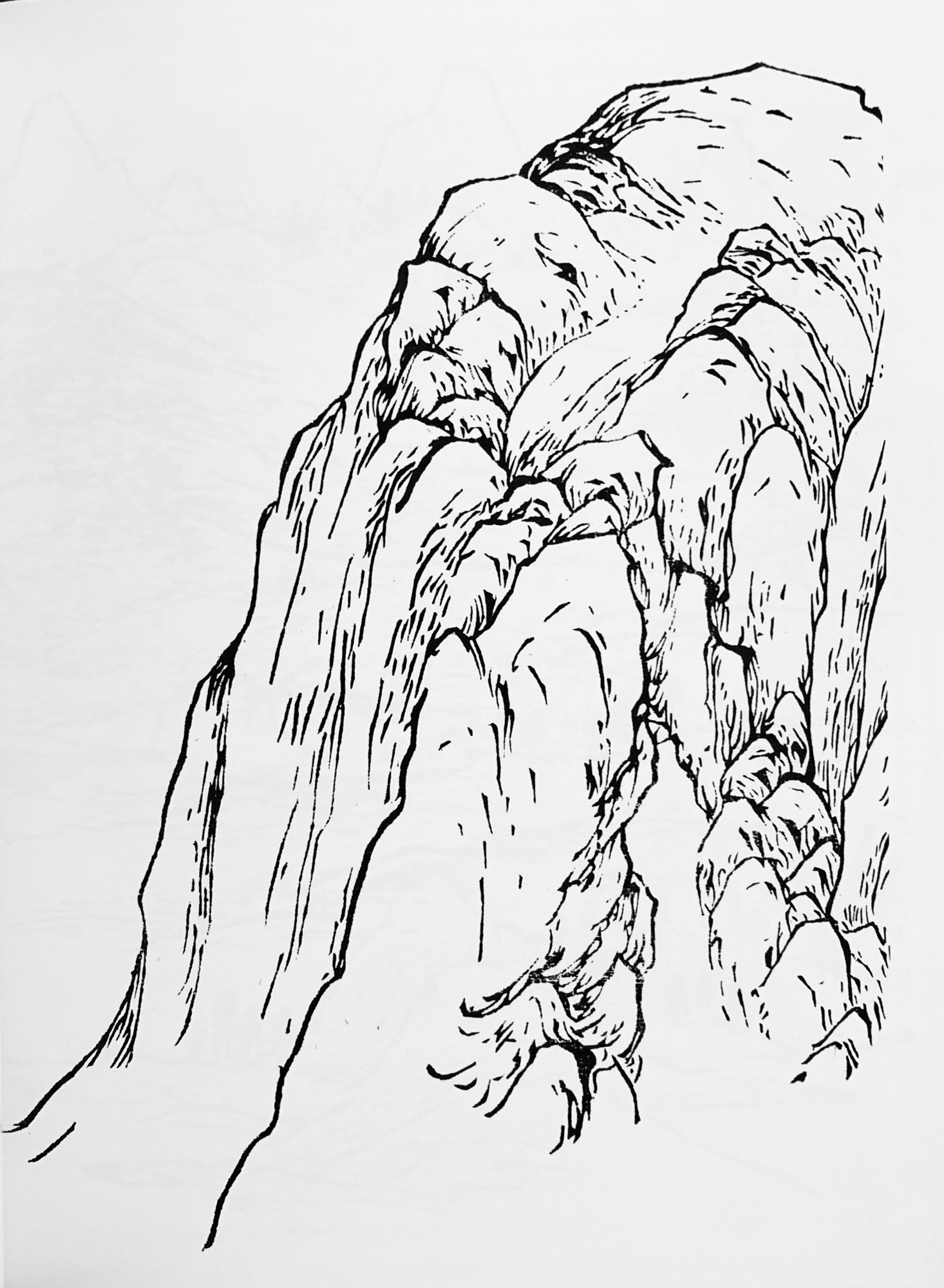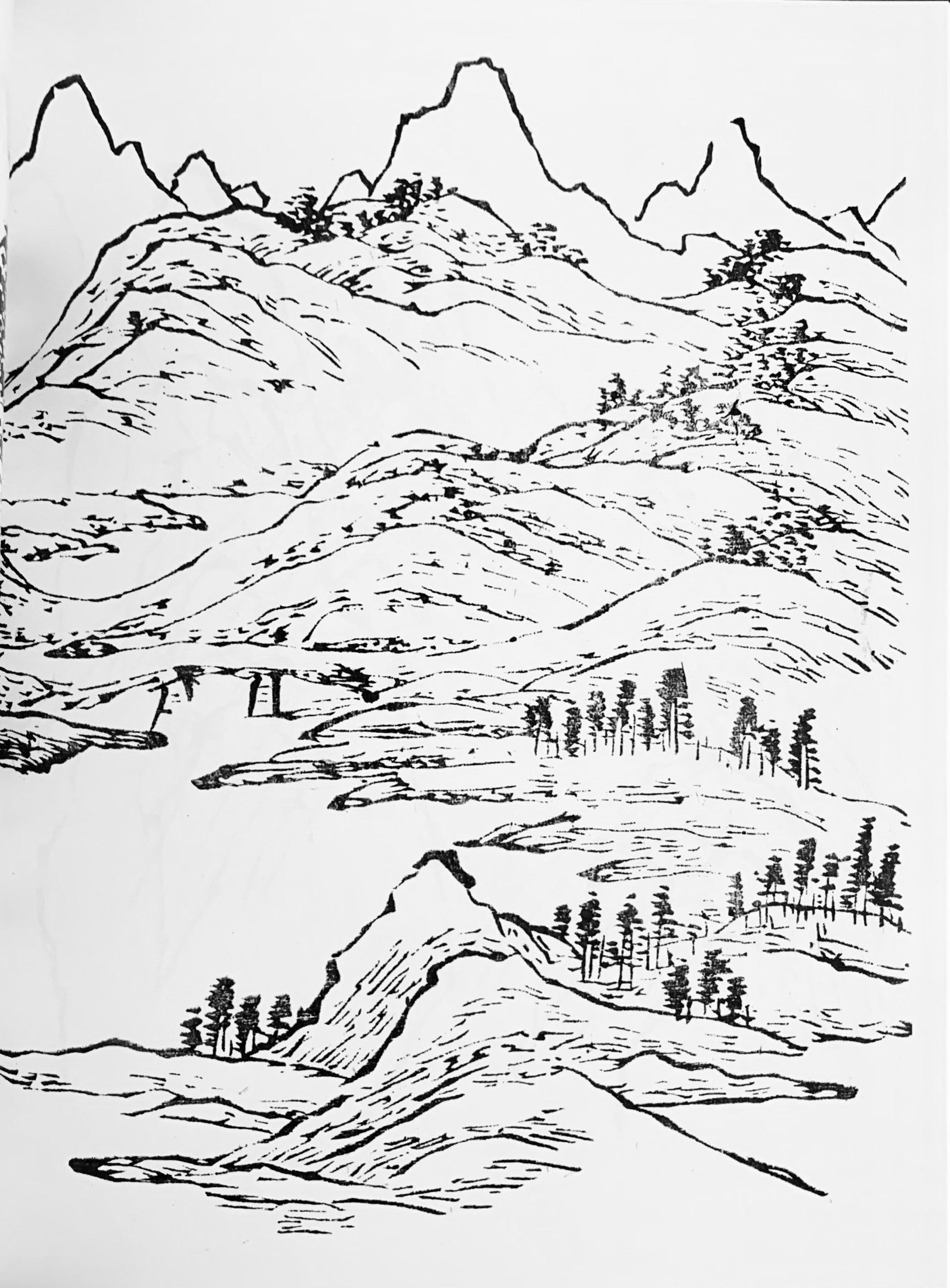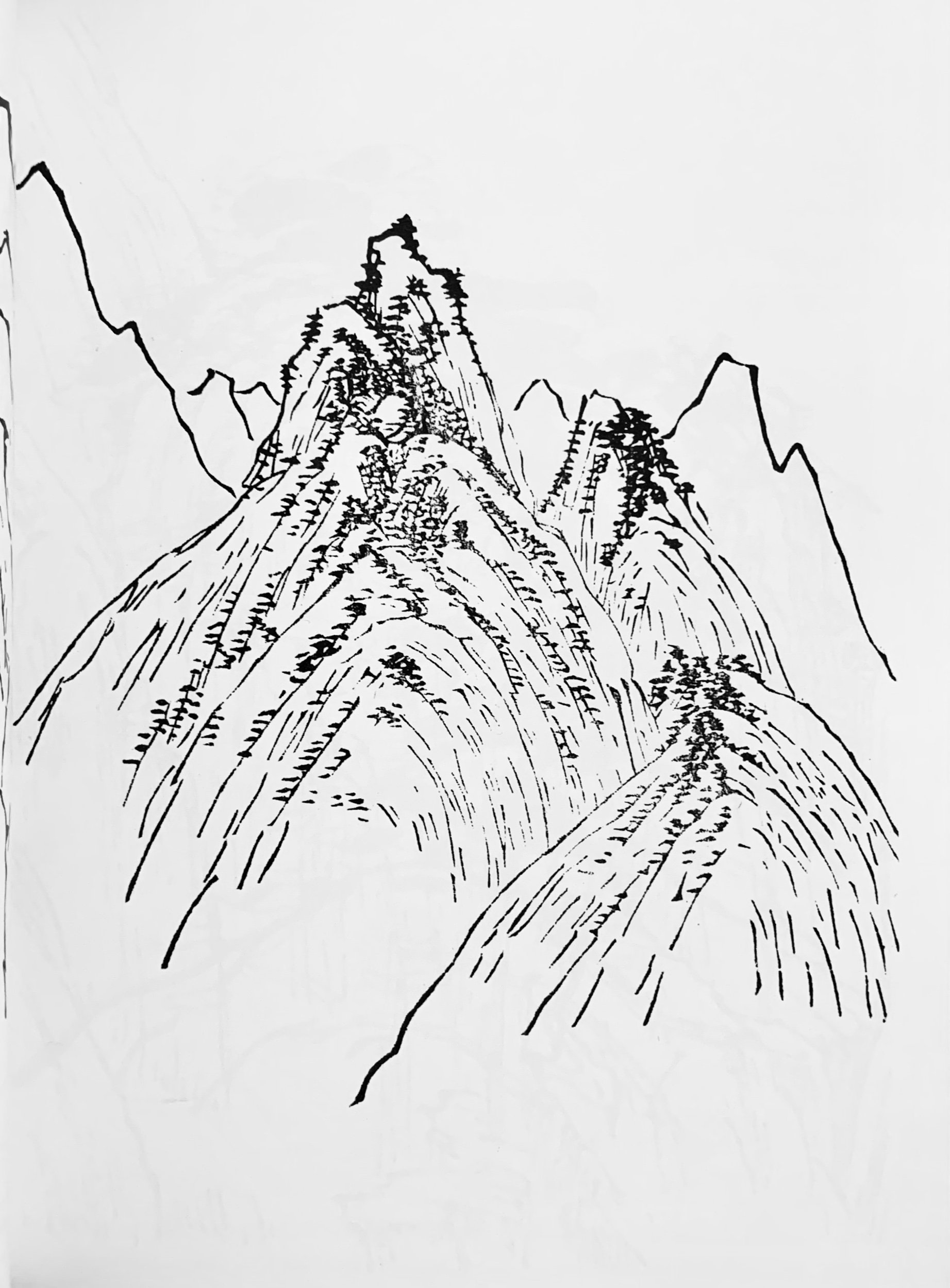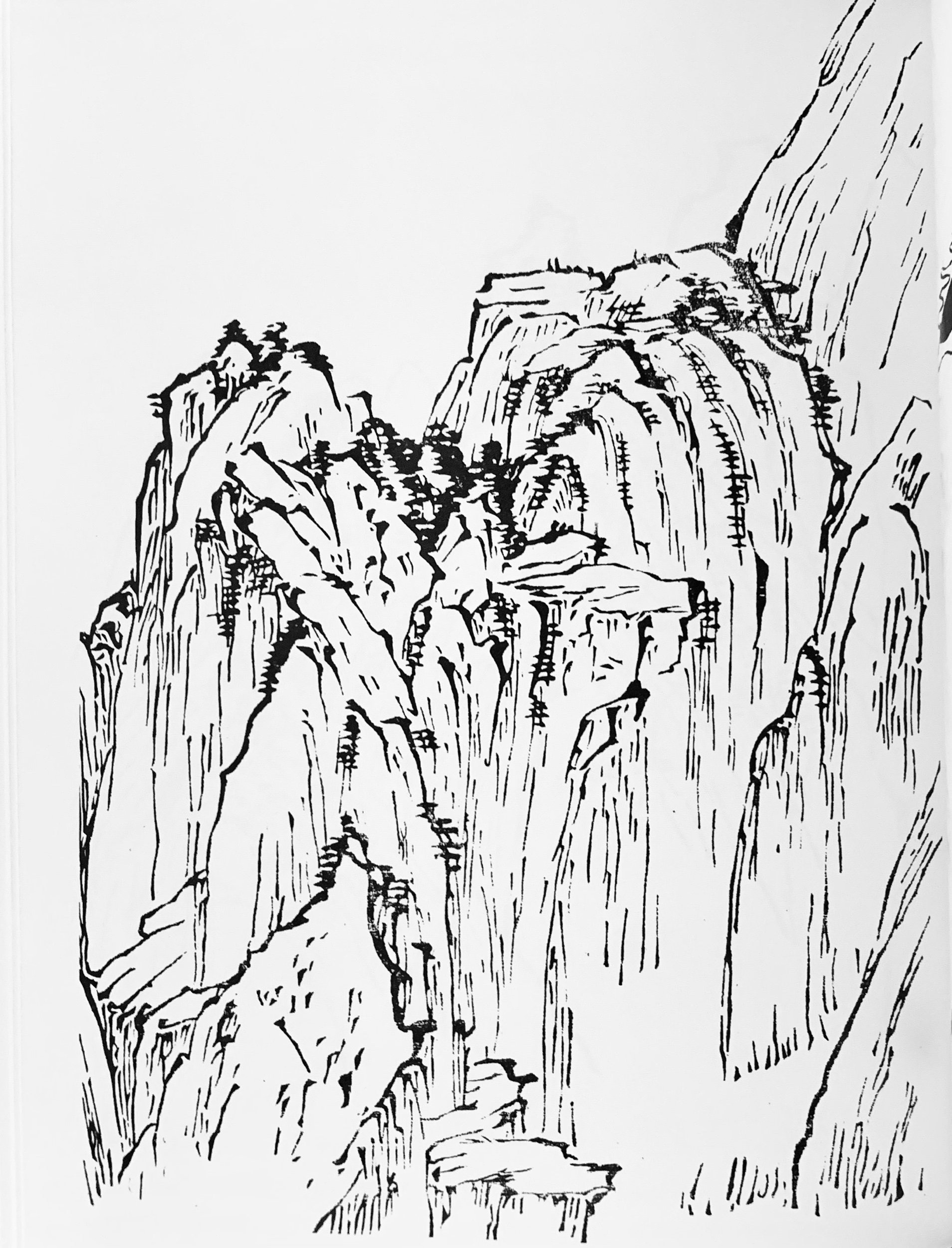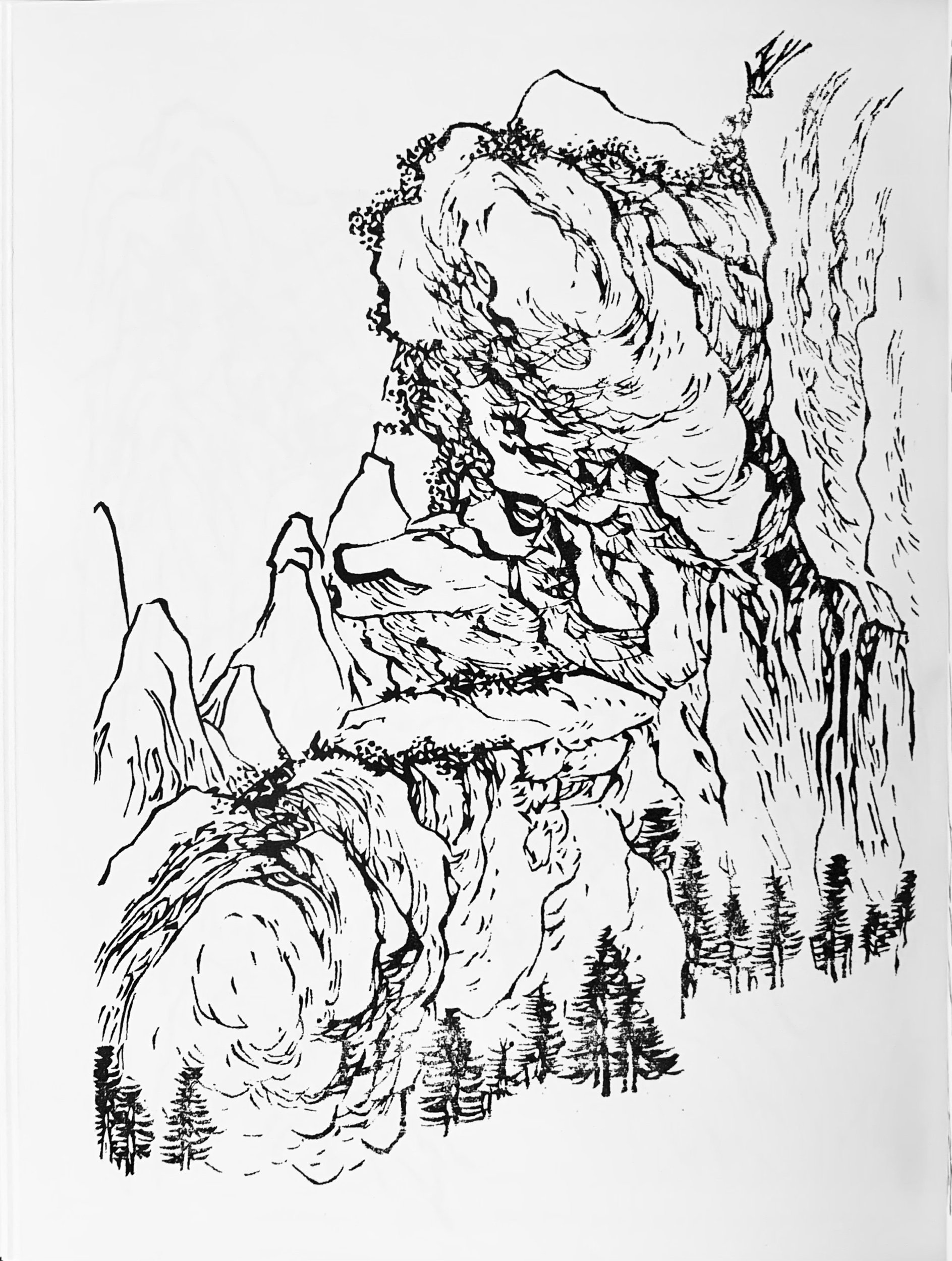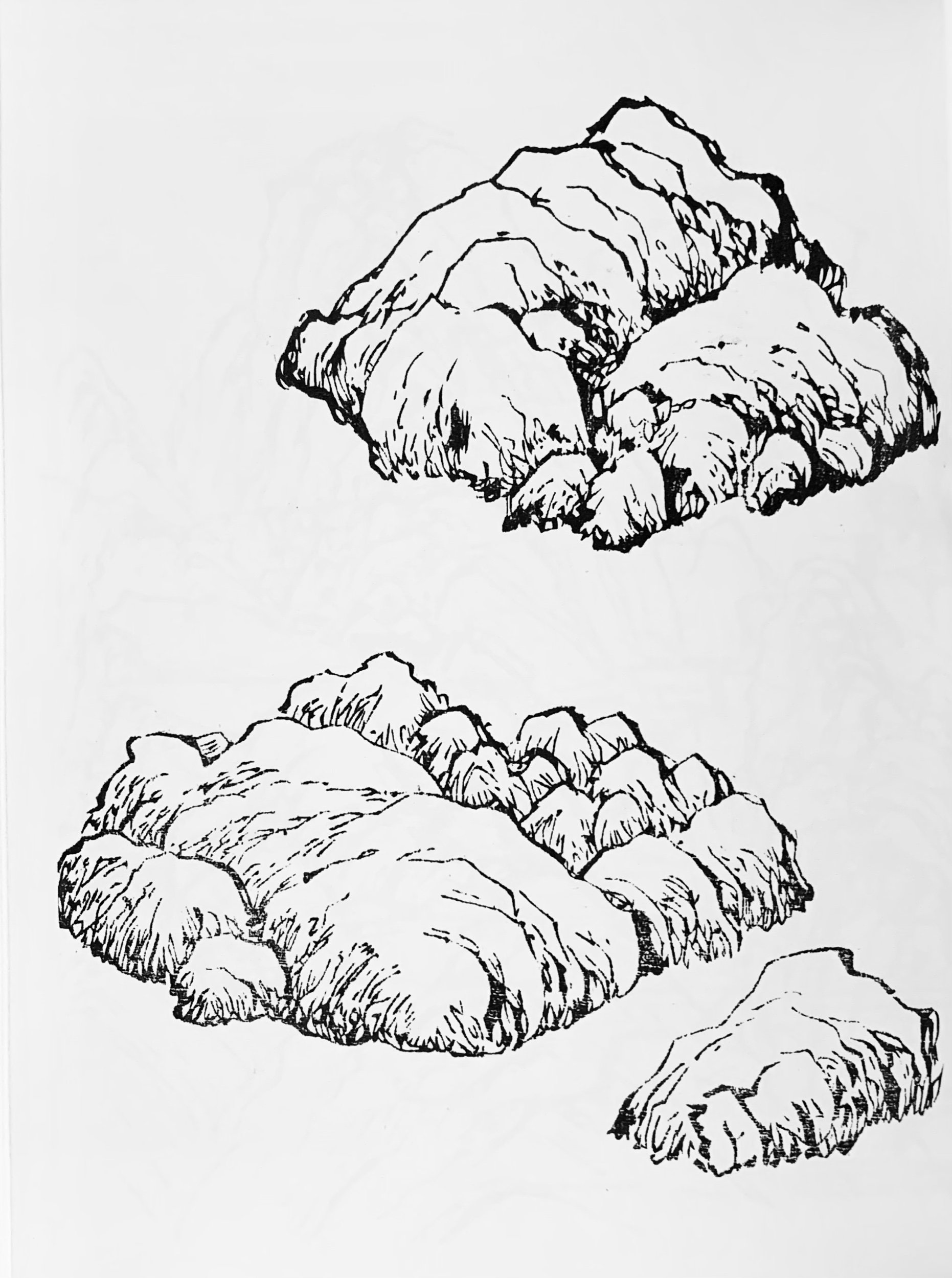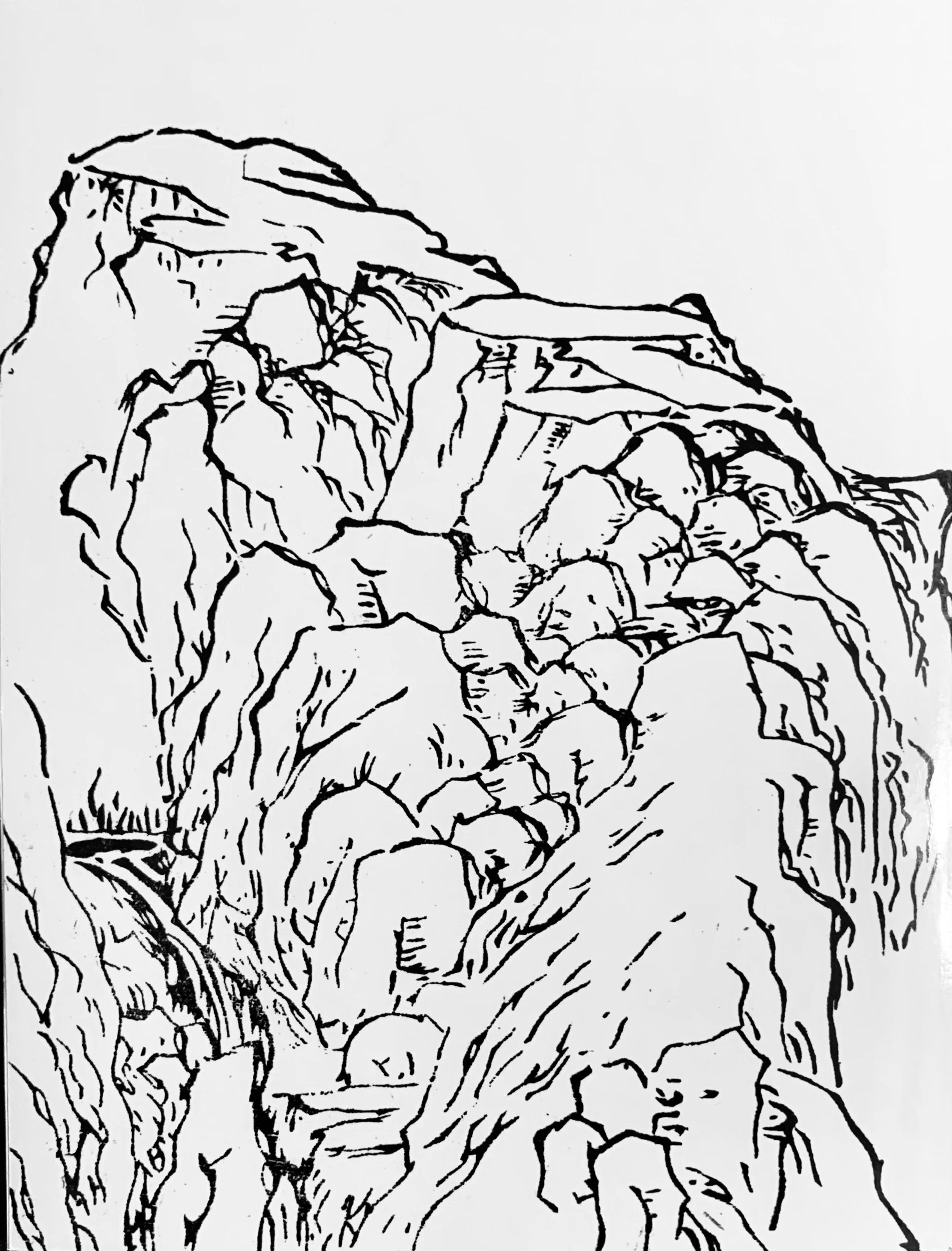Jheronimus Bosch: The Road to Heaven and Hell Hardcover
Jheronimus Bosch: The Road to Heaven and Hell Hardcover
256 pgs, 10x13, In his illuminating and always original text, Gary Schwartz, an art historian with an abiding interest in the cultural context of art and its reception, provides concise interpretations of every work, including commentary on many of the most extraordinary details for which Bosch is acclaimed.
The question often asked about the remarkable artist who created the Gardens of Delights, The Haywain, the Temptation of St. Anthony and the Last Judgement is where he saw the stunning apparitions that fill his panels. As the author sees it, Bosch's strange images were not intended to be deciphered but, in the words of an admirer from his own century, "to confuse, worry and disturb" the viewer. They are meant to be pondered and discussed exactly because they are so weird.
This singular book includes chapters on society, government and faith in mid-millennium Brabant. Everything is arranged for optimal ease of use, in clear sections with navigational aids. The brilliantly designed double-spreads makes sure that each opening tells a complete story. The clear language, accessible style, and beautiful reproductions makes this book essential for anyone interested in the life and art of Bosch.
Jheronimus Bosch: The Road to Heaven and Hell Hardcover
256 pgs, 10x13, In his illuminating and always original text, Gary Schwartz, an art historian with an abiding interest in the cultural context of art and its reception, provides concise interpretations of every work, including commentary on many of the most extraordinary details for which Bosch is acclaimed.
The question often asked about the remarkable artist who created the Gardens of Delights, The Haywain, the Temptation of St. Anthony and the Last Judgement is where he saw the stunning apparitions that fill his panels. As the author sees it, Bosch's strange images were not intended to be deciphered but, in the words of an admirer from his own century, "to confuse, worry and disturb" the viewer. They are meant to be pondered and discussed exactly because they are so weird.
This singular book includes chapters on society, government and faith in mid-millennium Brabant. Everything is arranged for optimal ease of use, in clear sections with navigational aids. The brilliantly designed double-spreads makes sure that each opening tells a complete story. The clear language, accessible style, and beautiful reproductions makes this book essential for anyone interested in the life and art of Bosch.
Jheronimus Bosch: The Road to Heaven and Hell Hardcover
256 pgs, 10x13, In his illuminating and always original text, Gary Schwartz, an art historian with an abiding interest in the cultural context of art and its reception, provides concise interpretations of every work, including commentary on many of the most extraordinary details for which Bosch is acclaimed.
The question often asked about the remarkable artist who created the Gardens of Delights, The Haywain, the Temptation of St. Anthony and the Last Judgement is where he saw the stunning apparitions that fill his panels. As the author sees it, Bosch's strange images were not intended to be deciphered but, in the words of an admirer from his own century, "to confuse, worry and disturb" the viewer. They are meant to be pondered and discussed exactly because they are so weird.
This singular book includes chapters on society, government and faith in mid-millennium Brabant. Everything is arranged for optimal ease of use, in clear sections with navigational aids. The brilliantly designed double-spreads makes sure that each opening tells a complete story. The clear language, accessible style, and beautiful reproductions makes this book essential for anyone interested in the life and art of Bosch.













































































